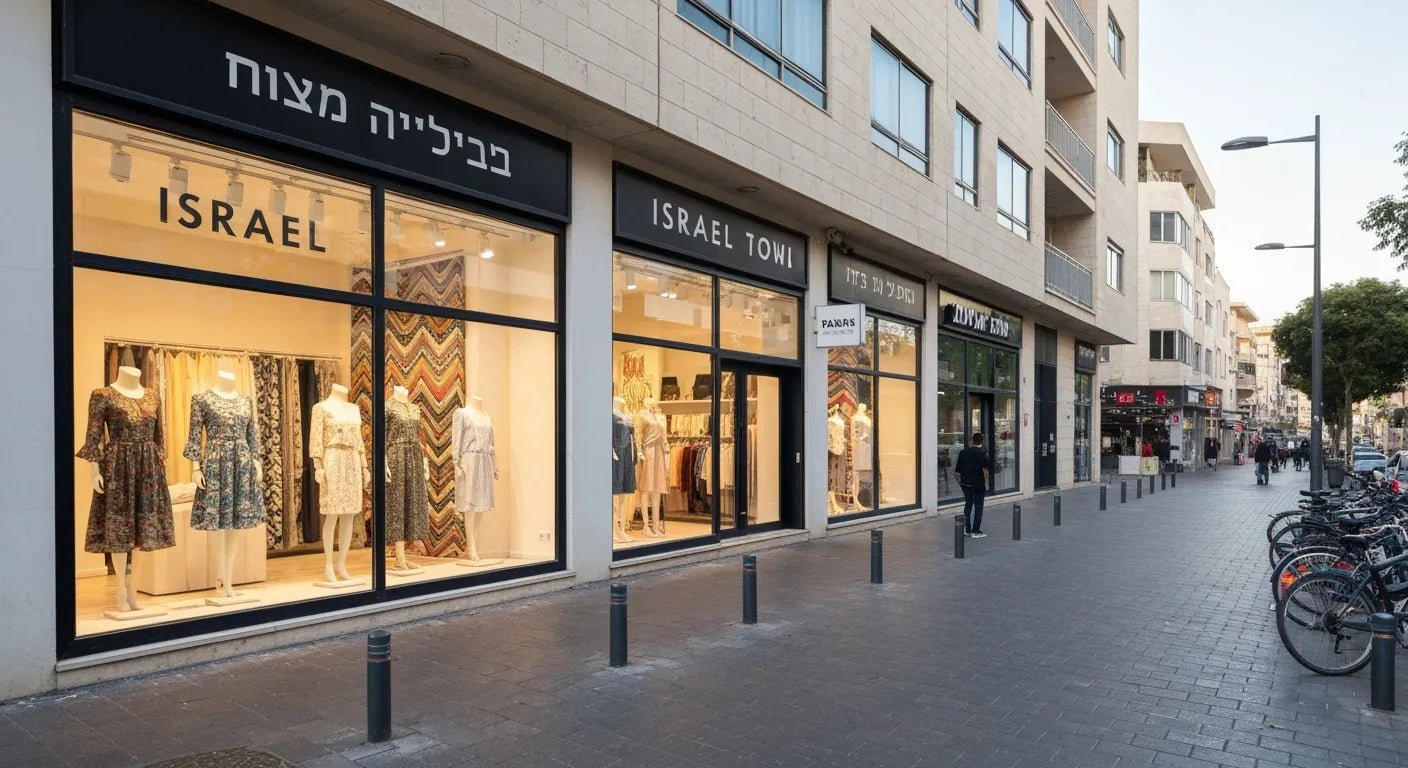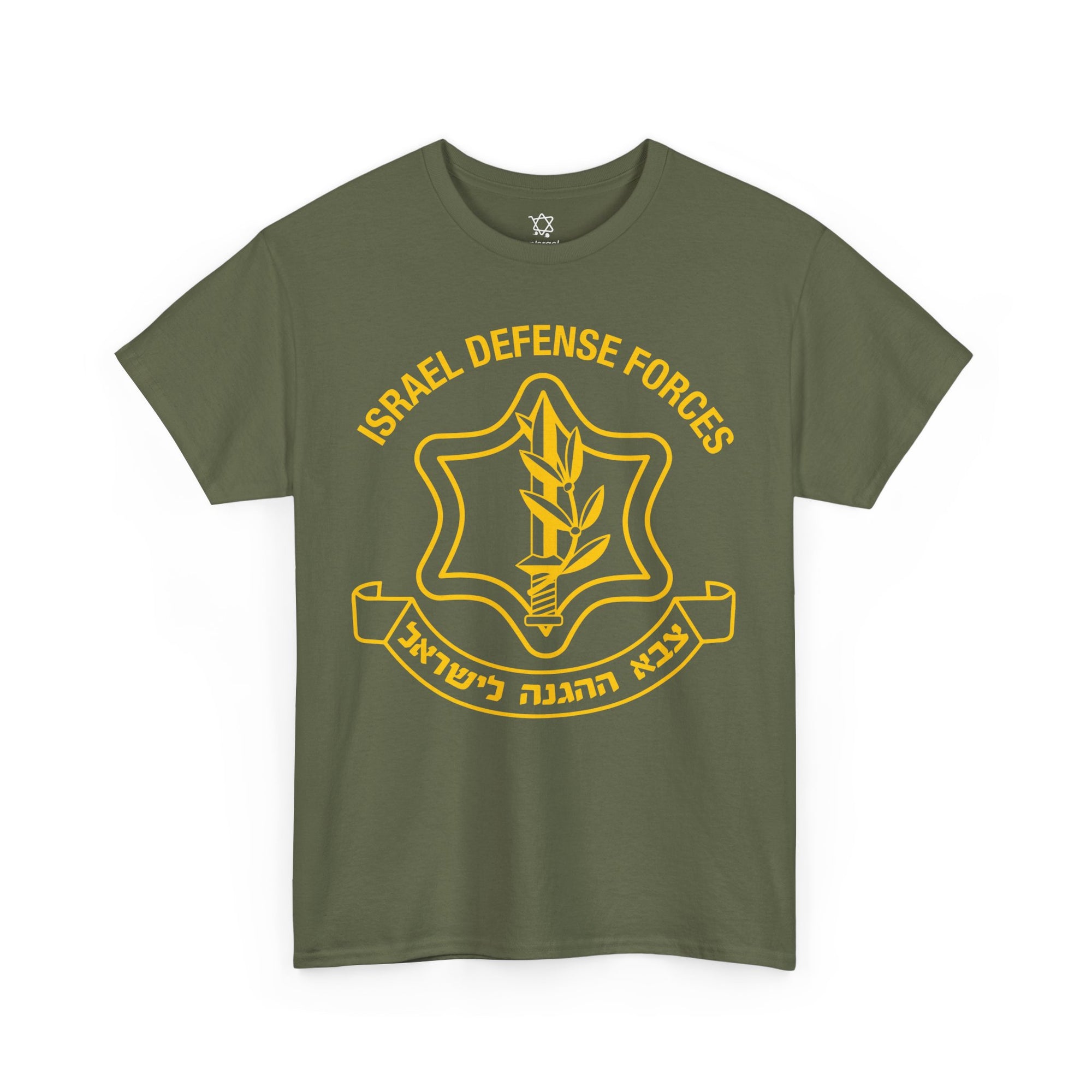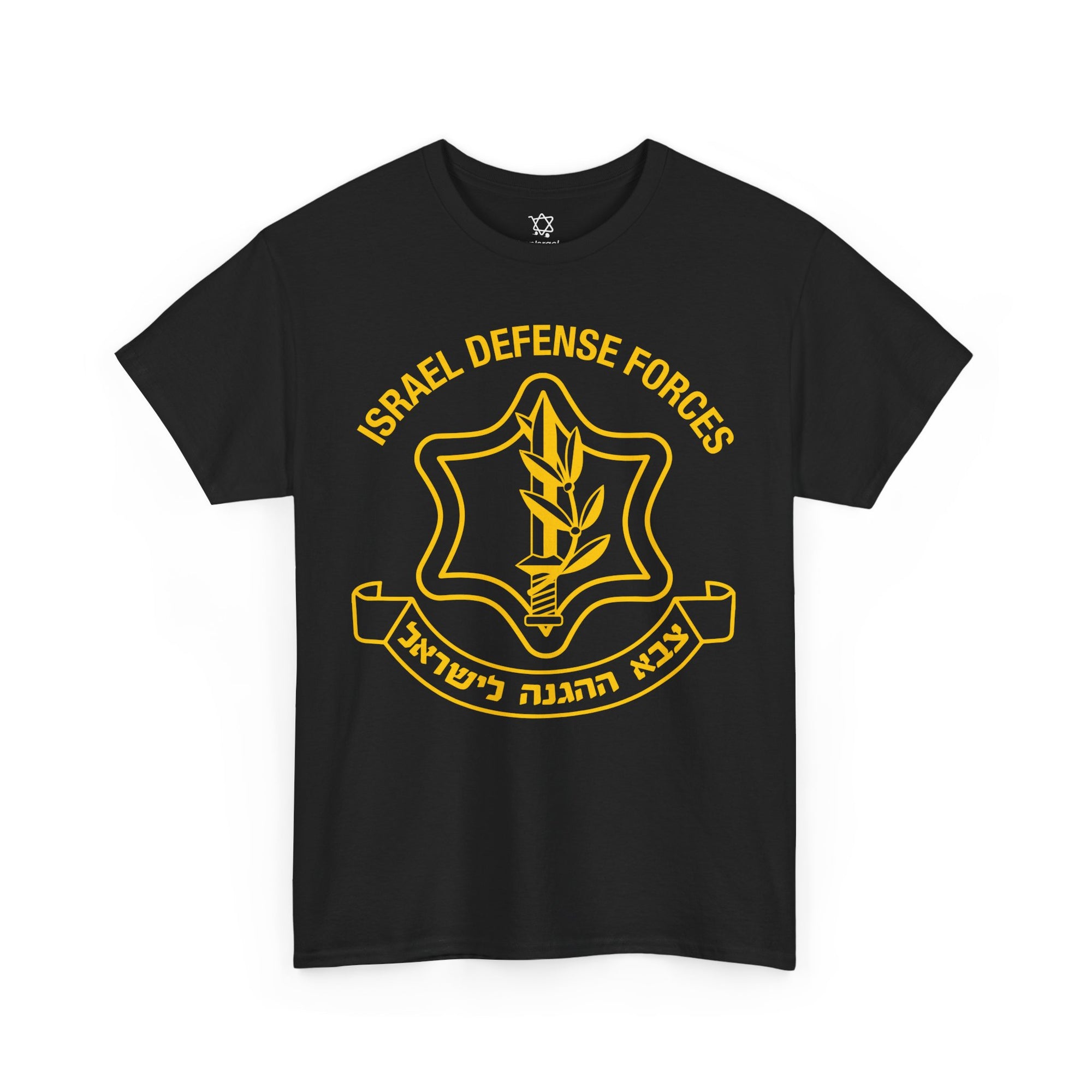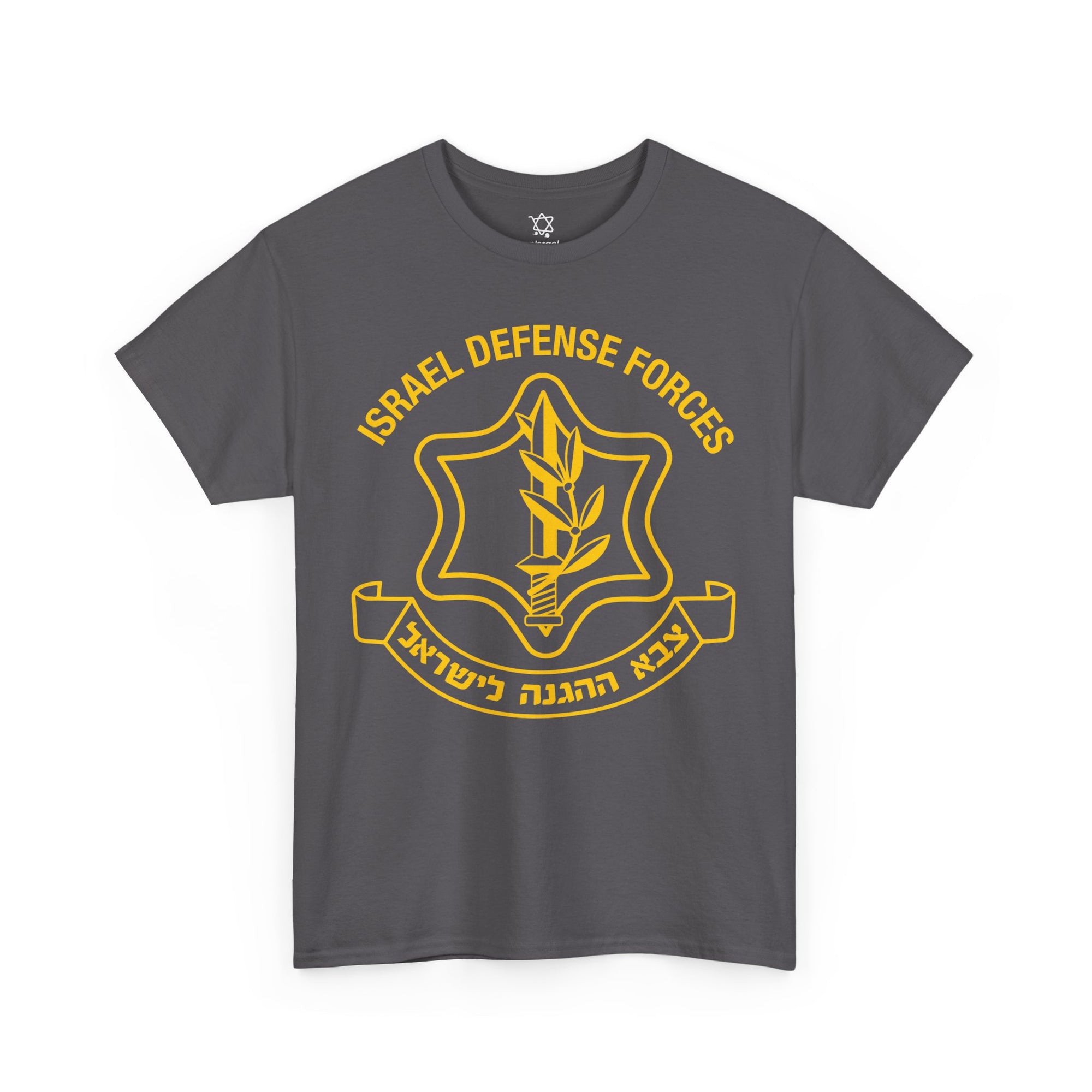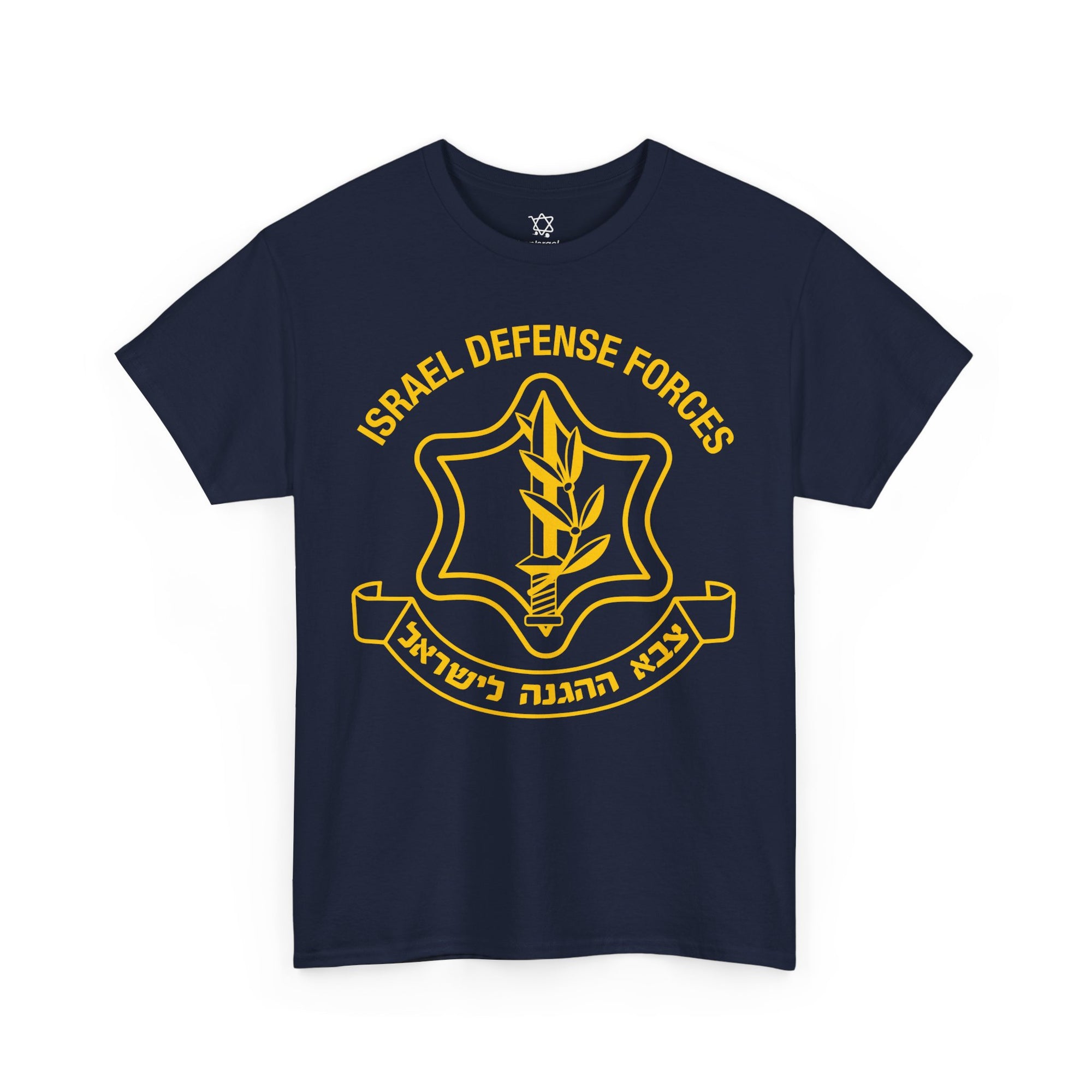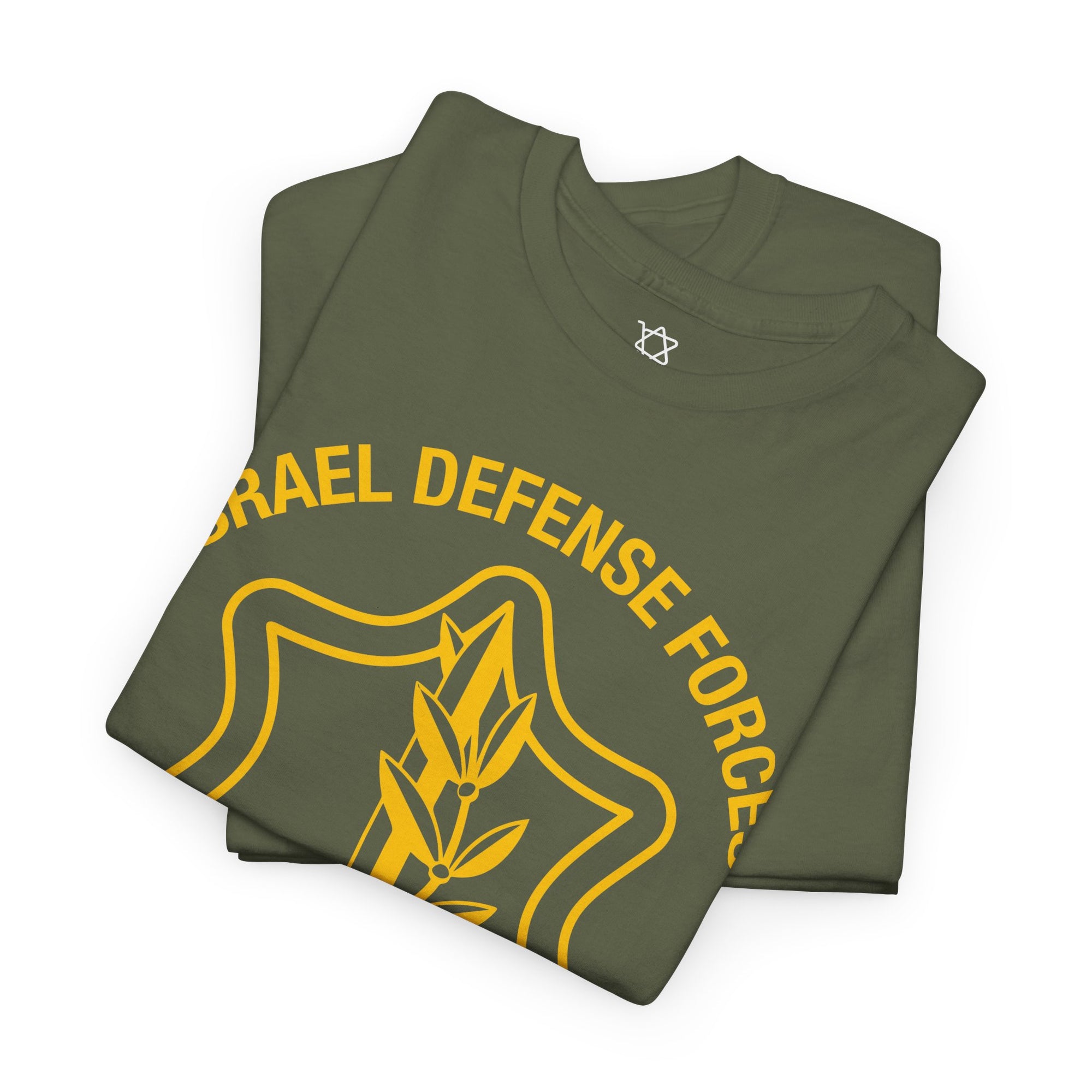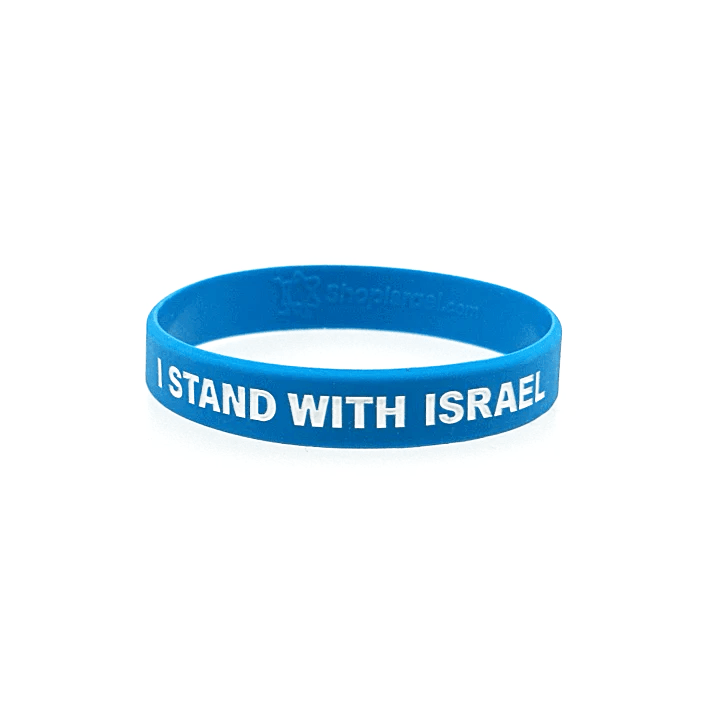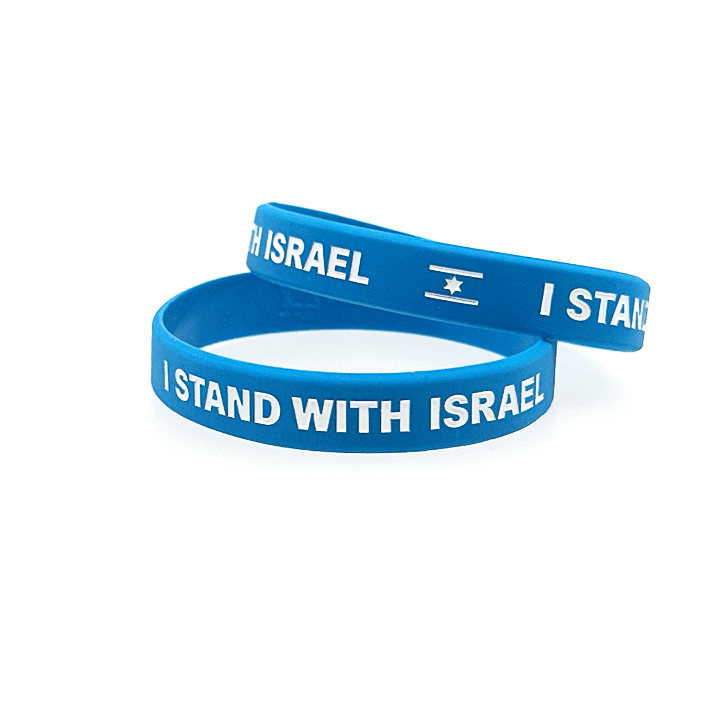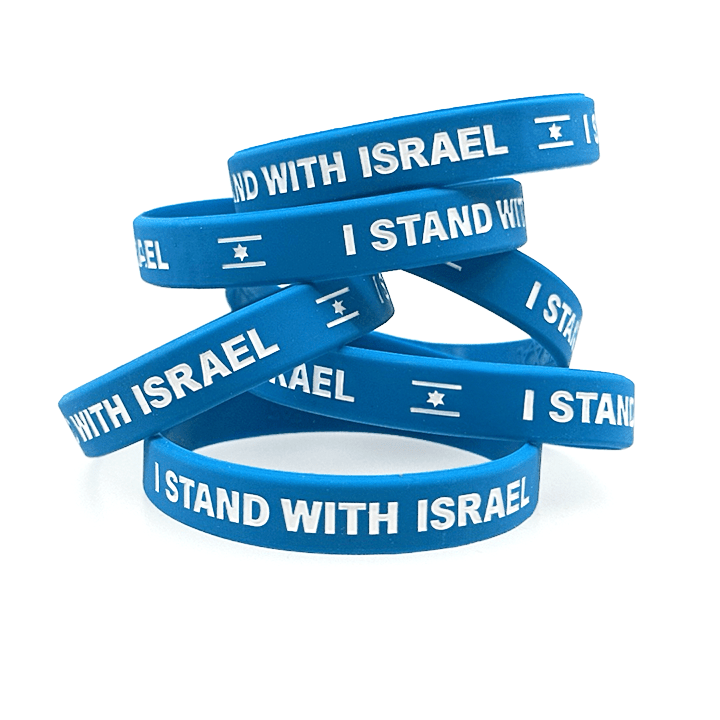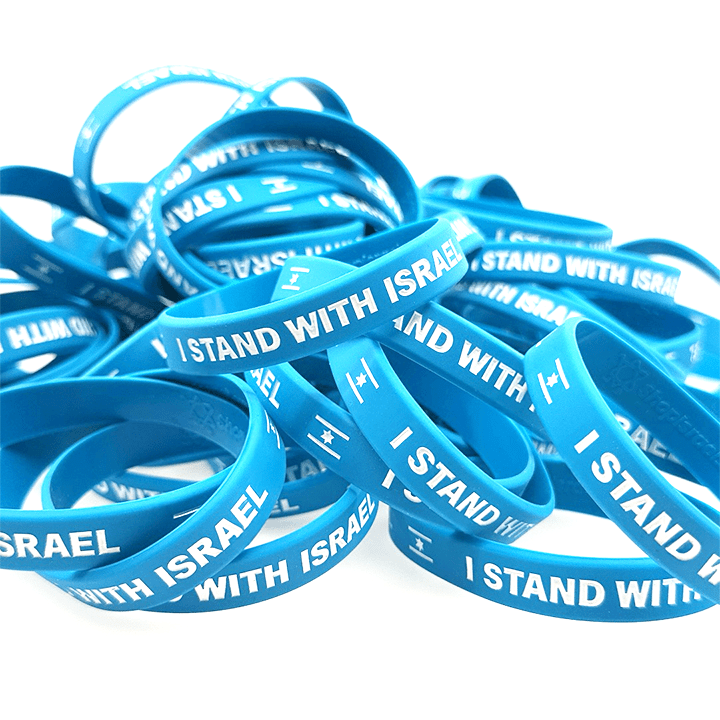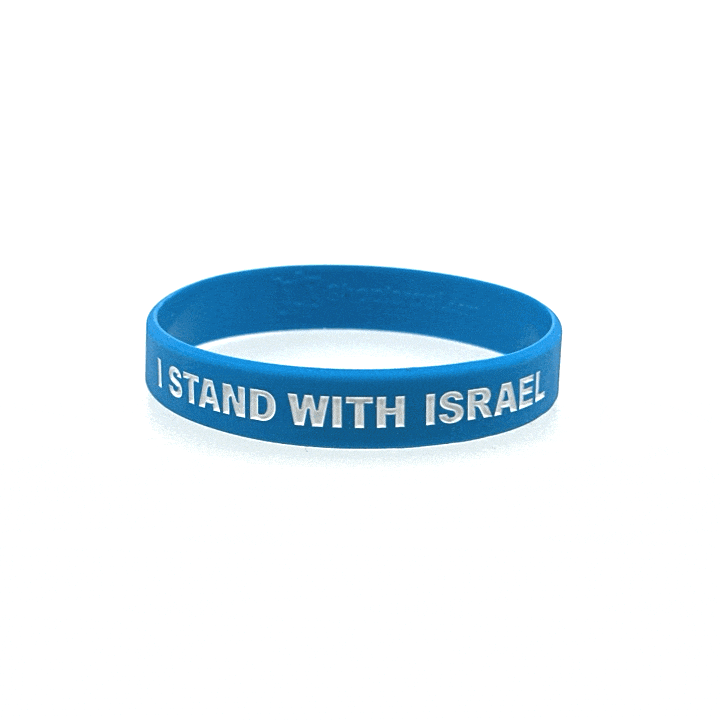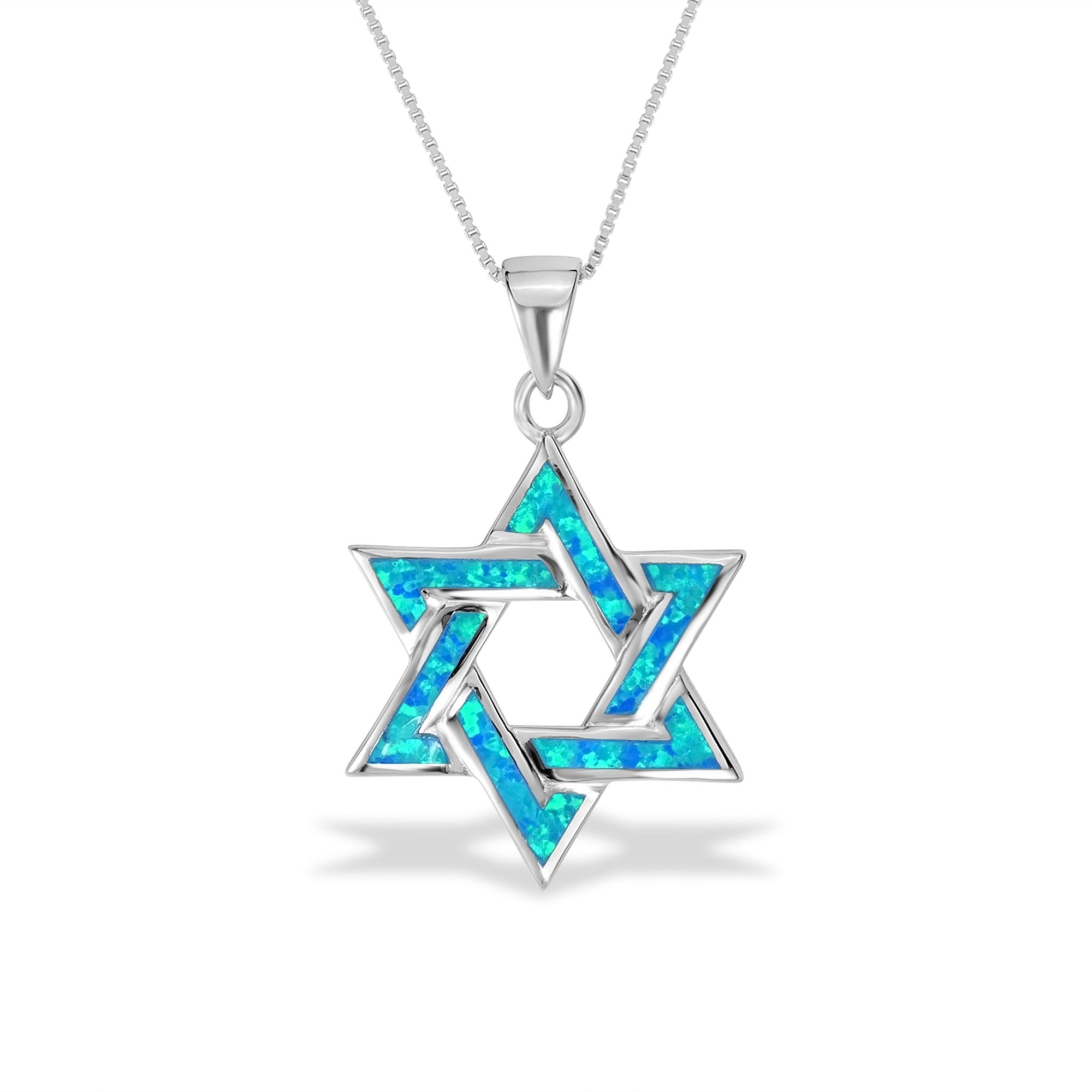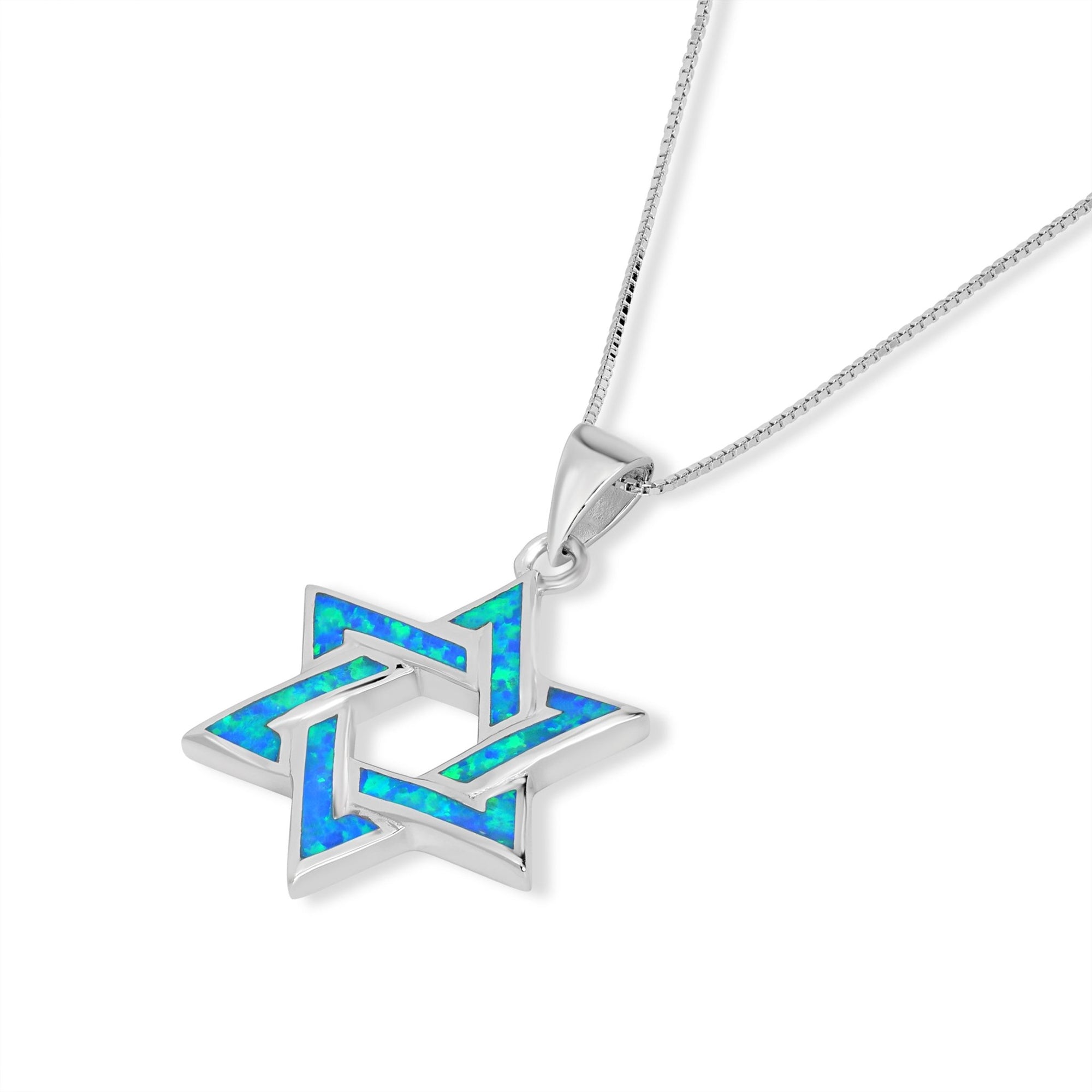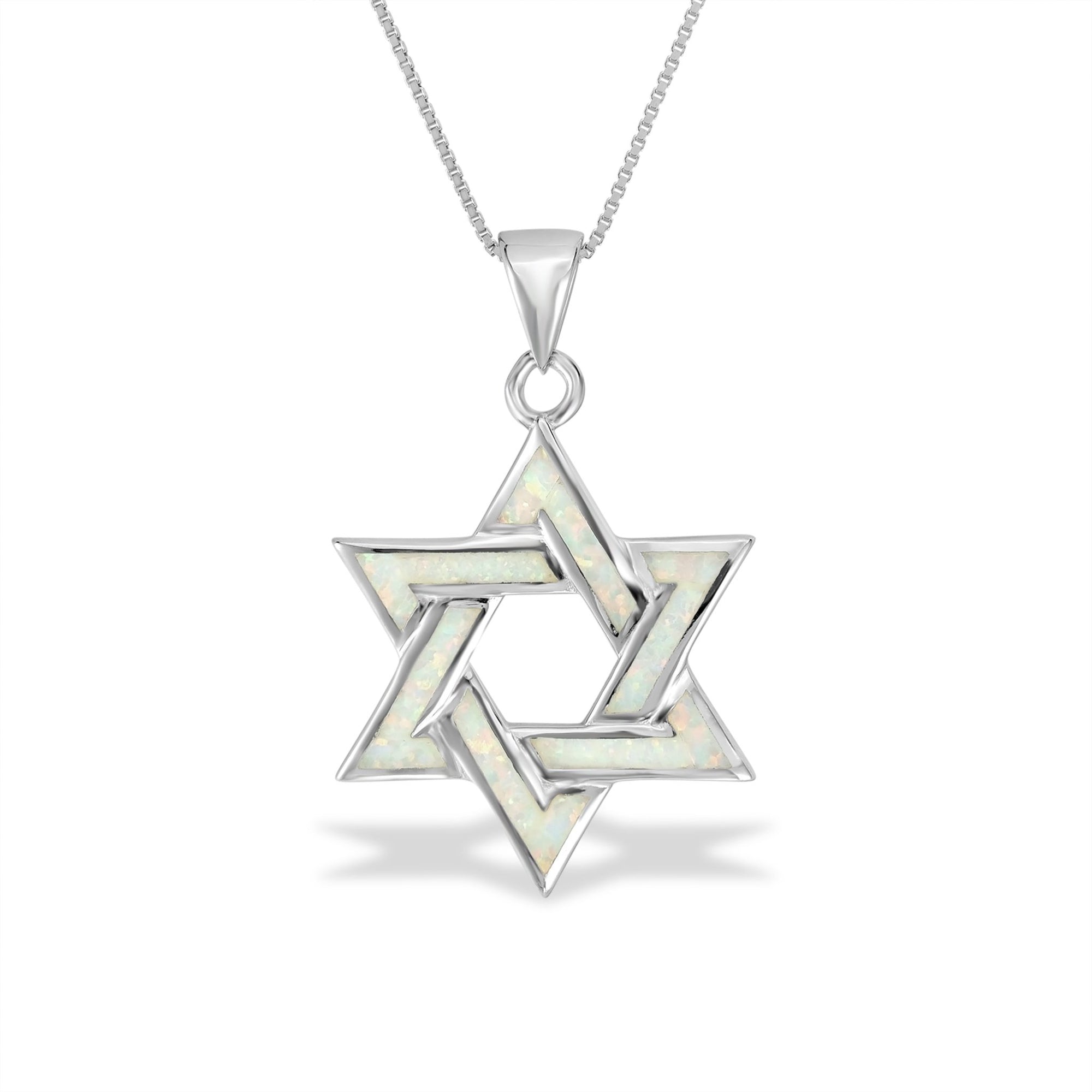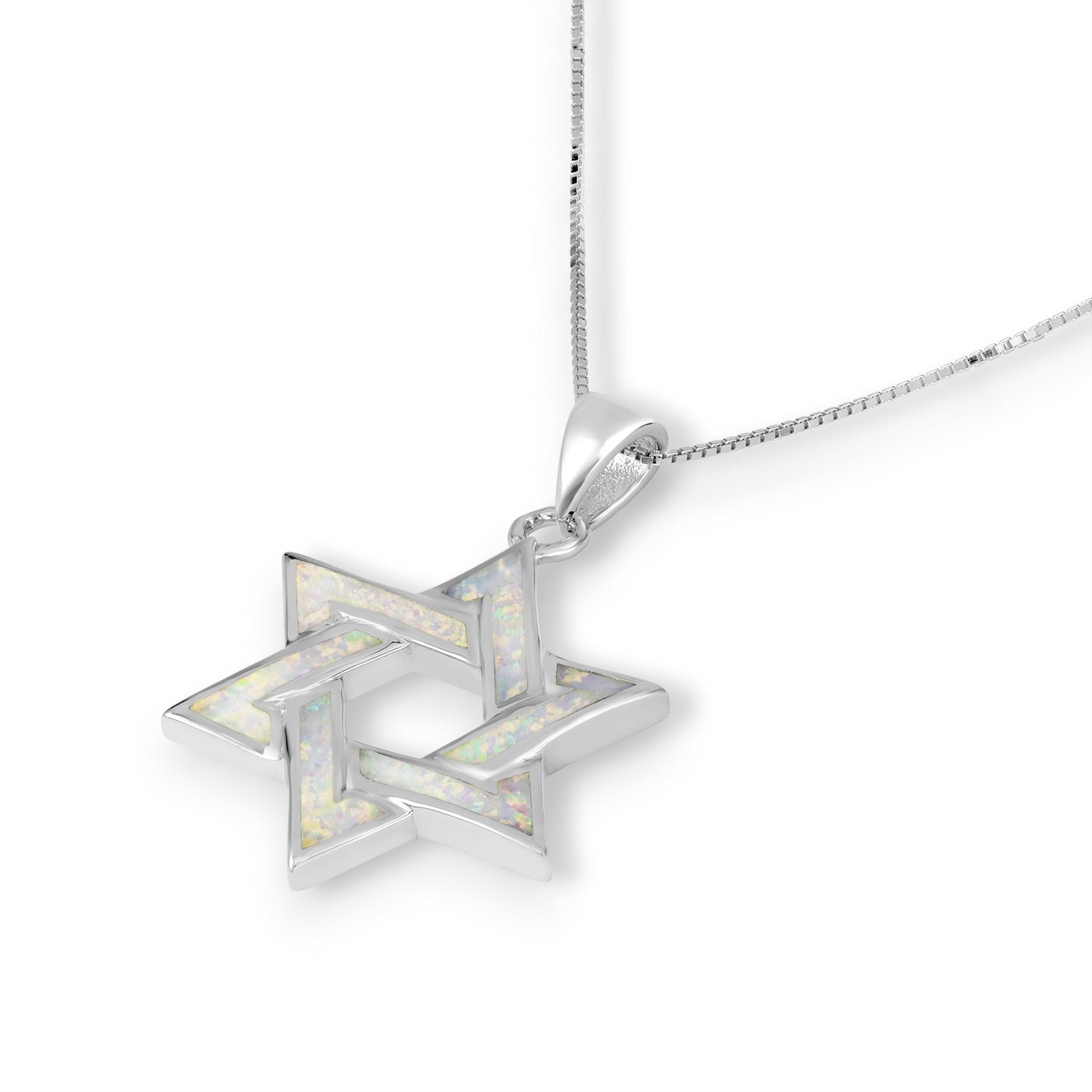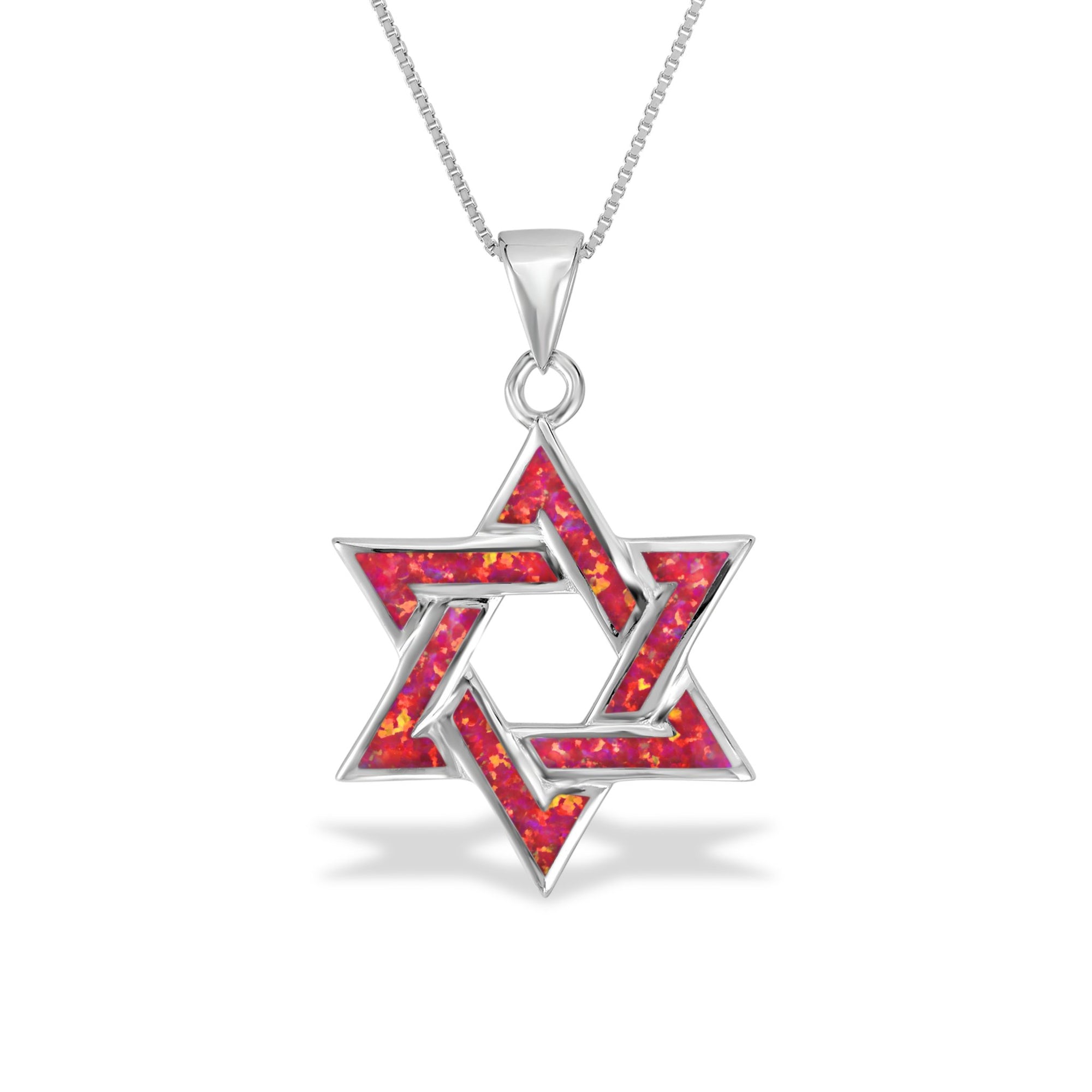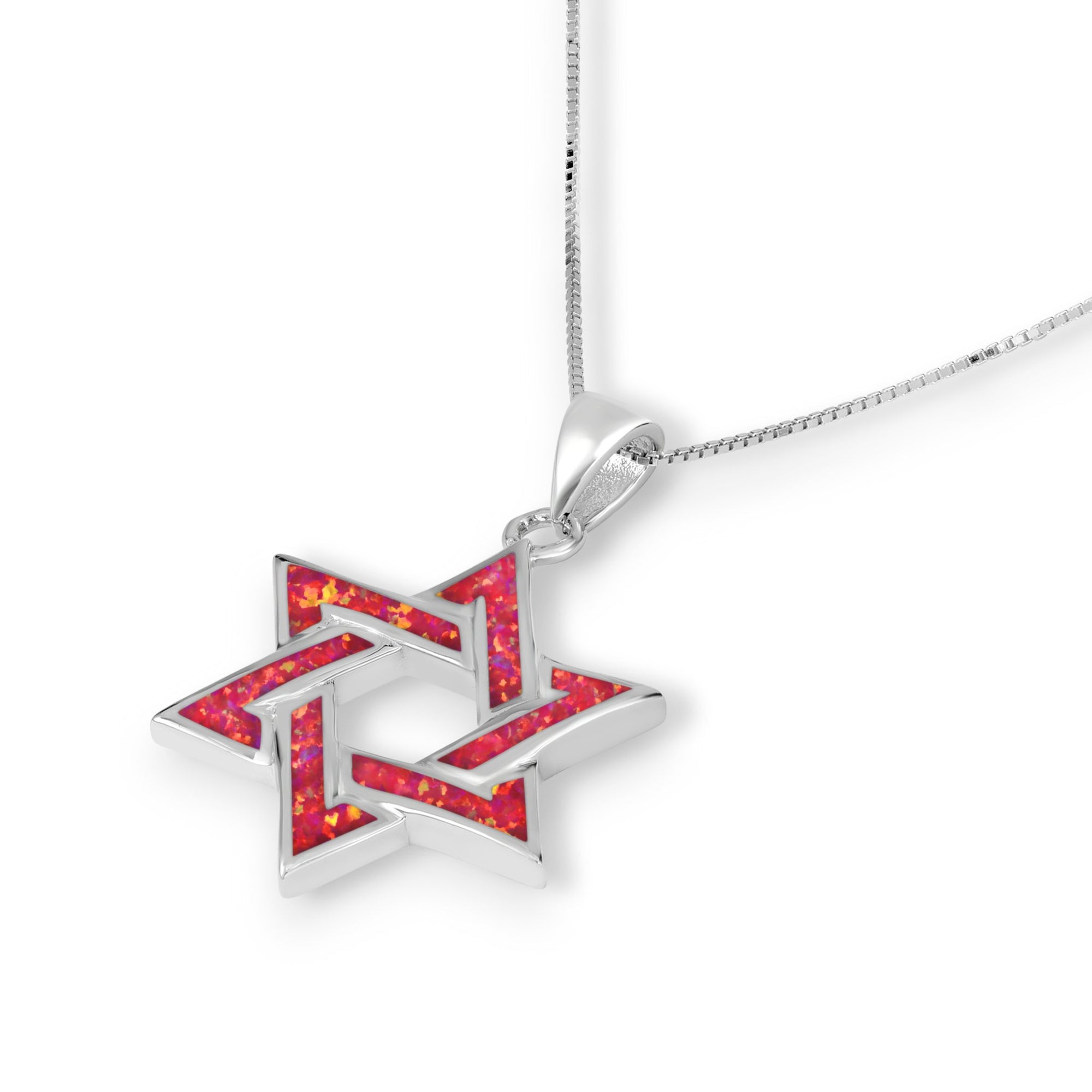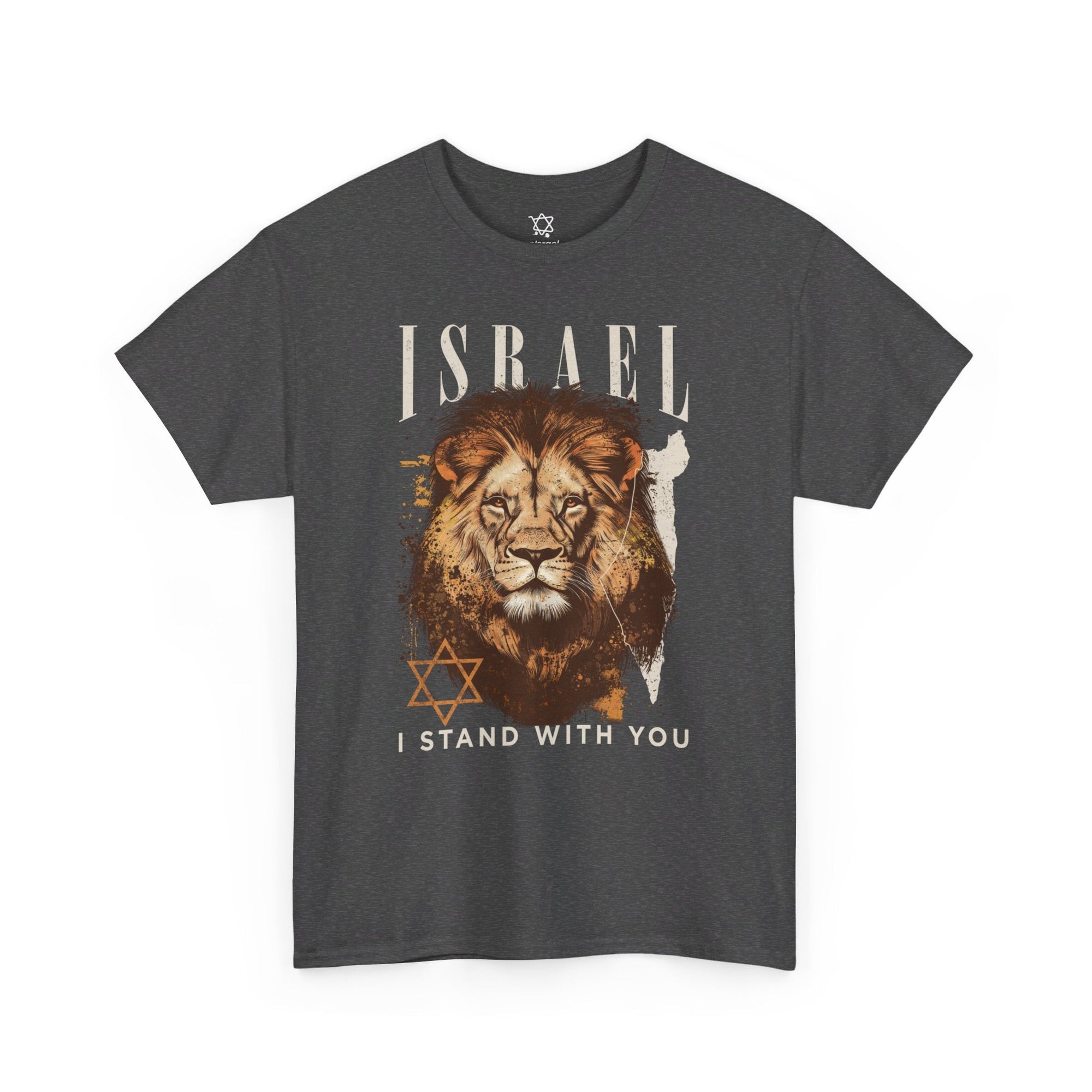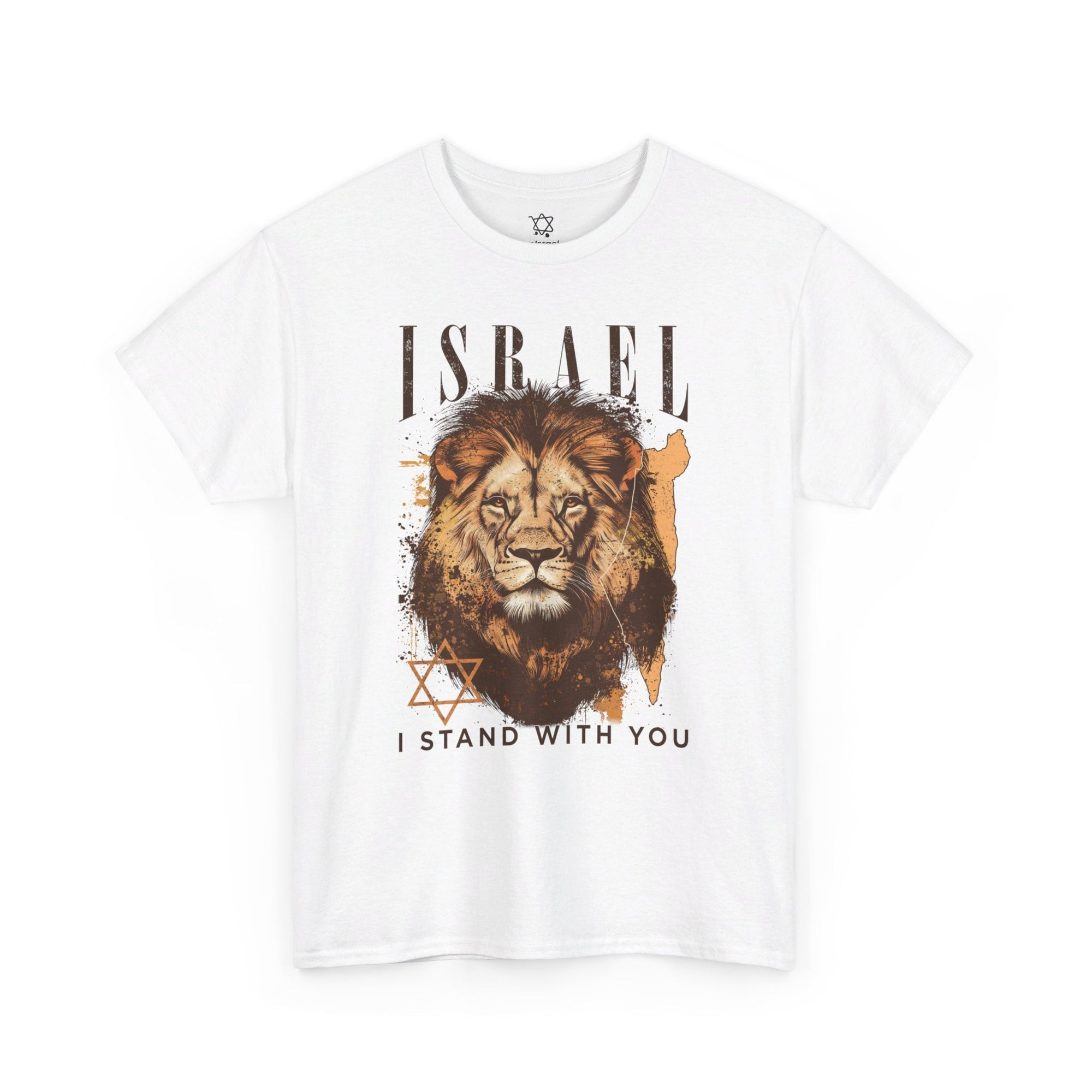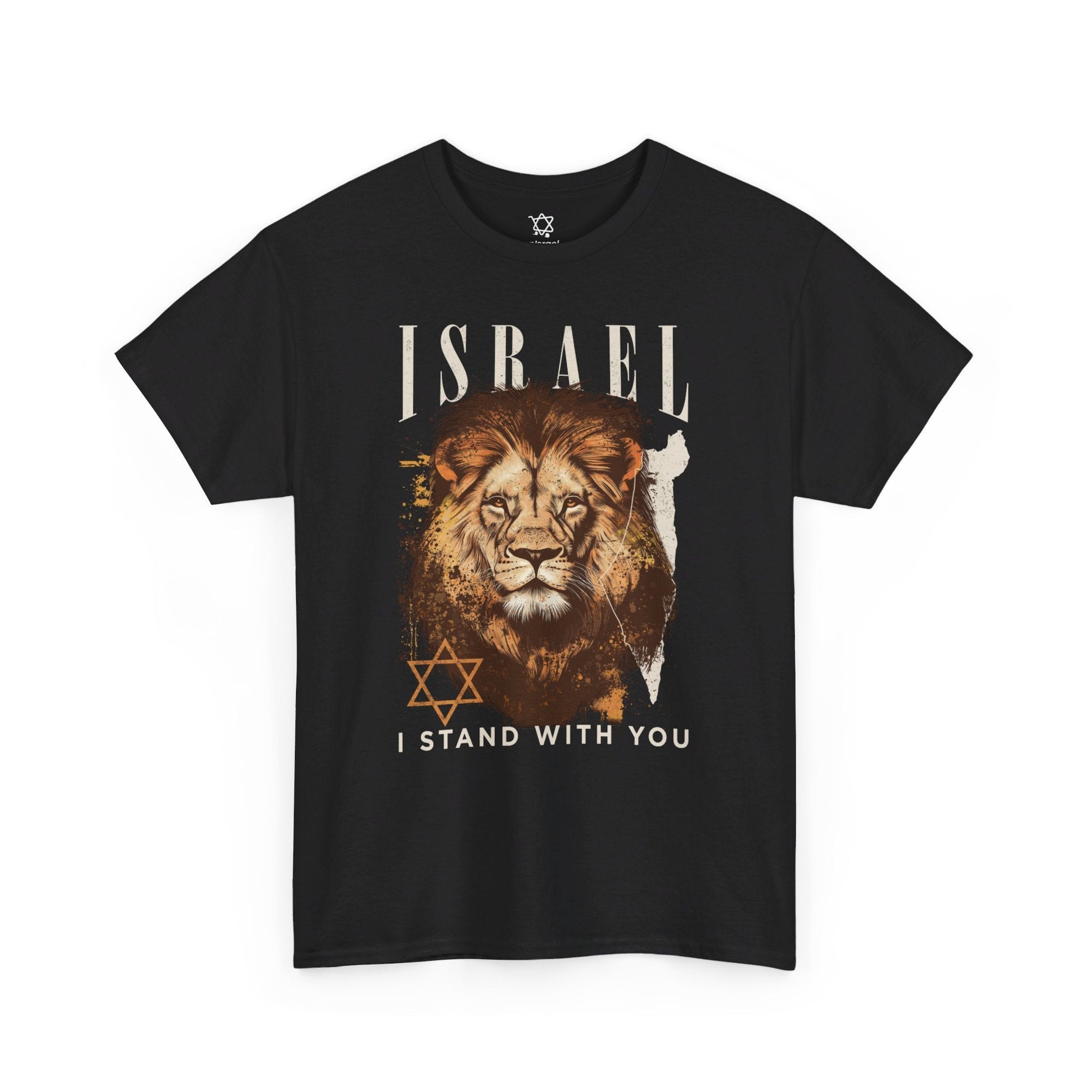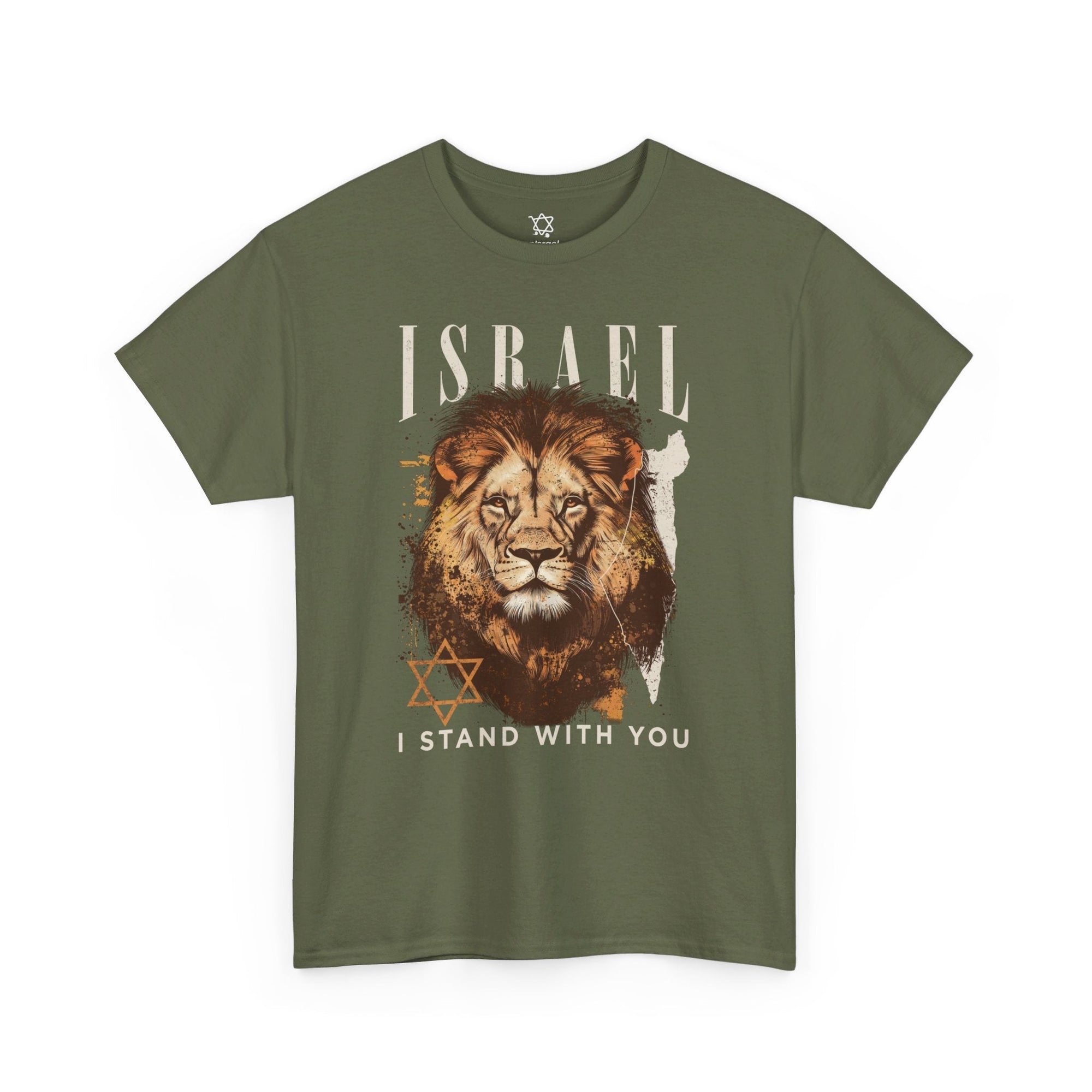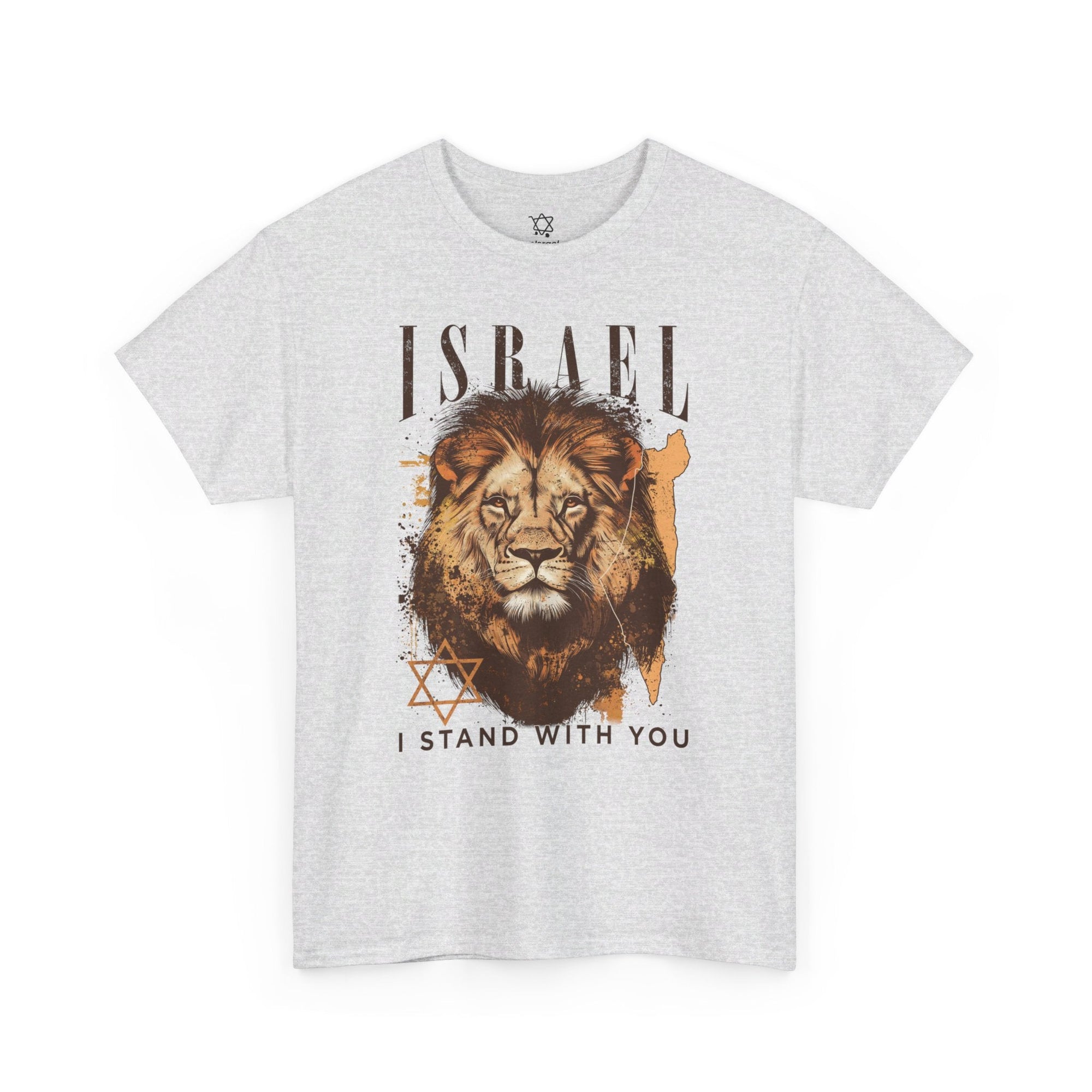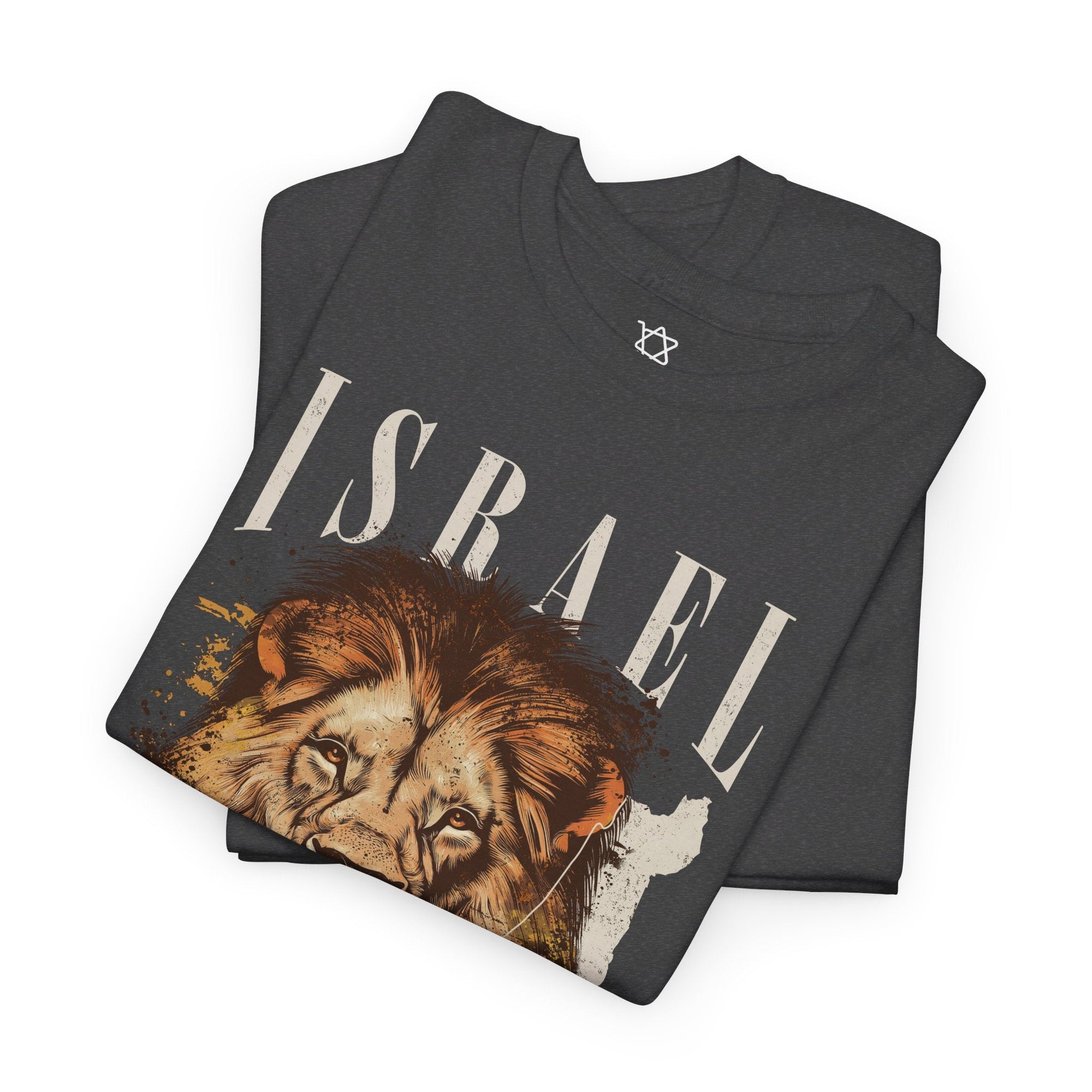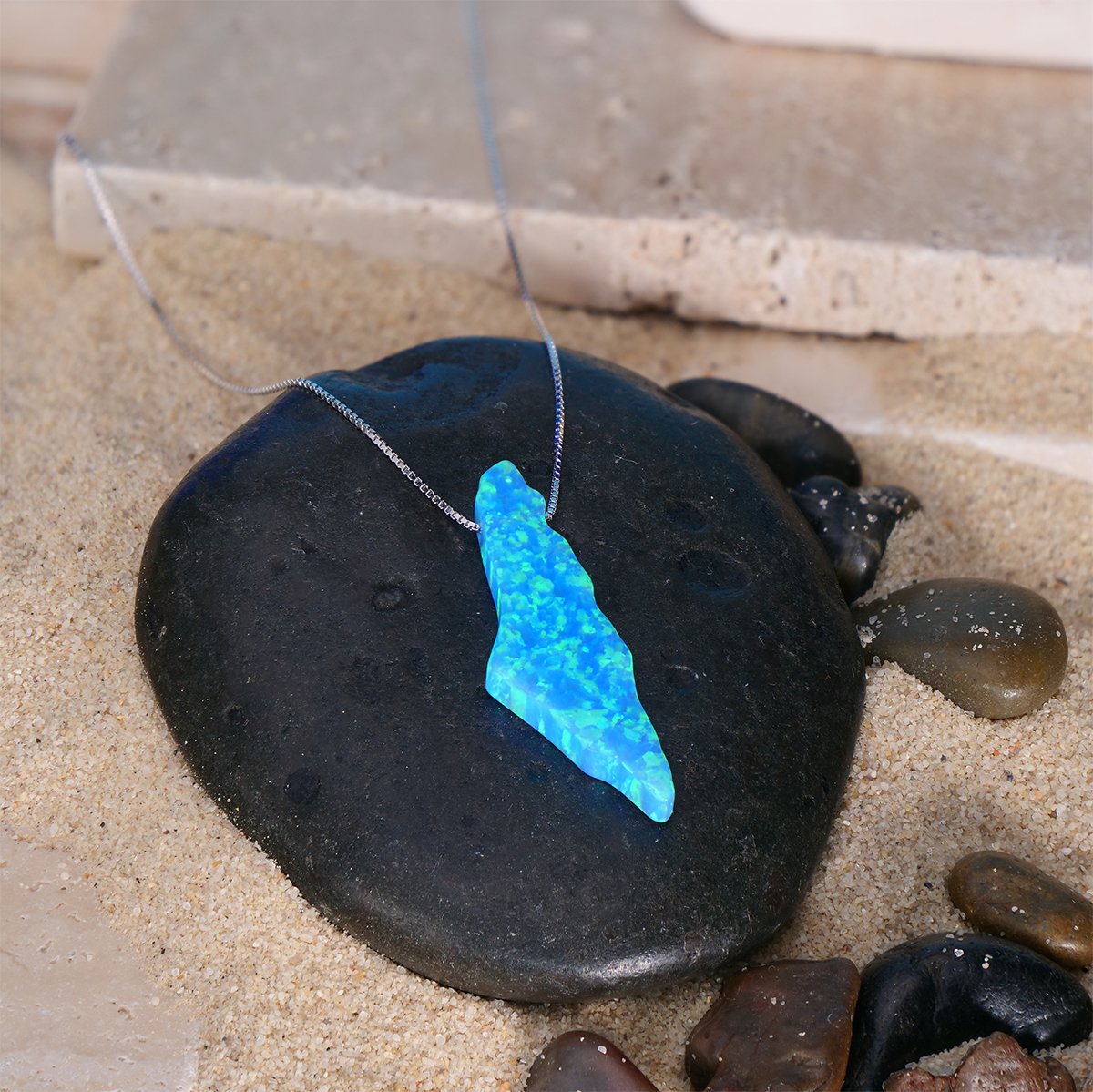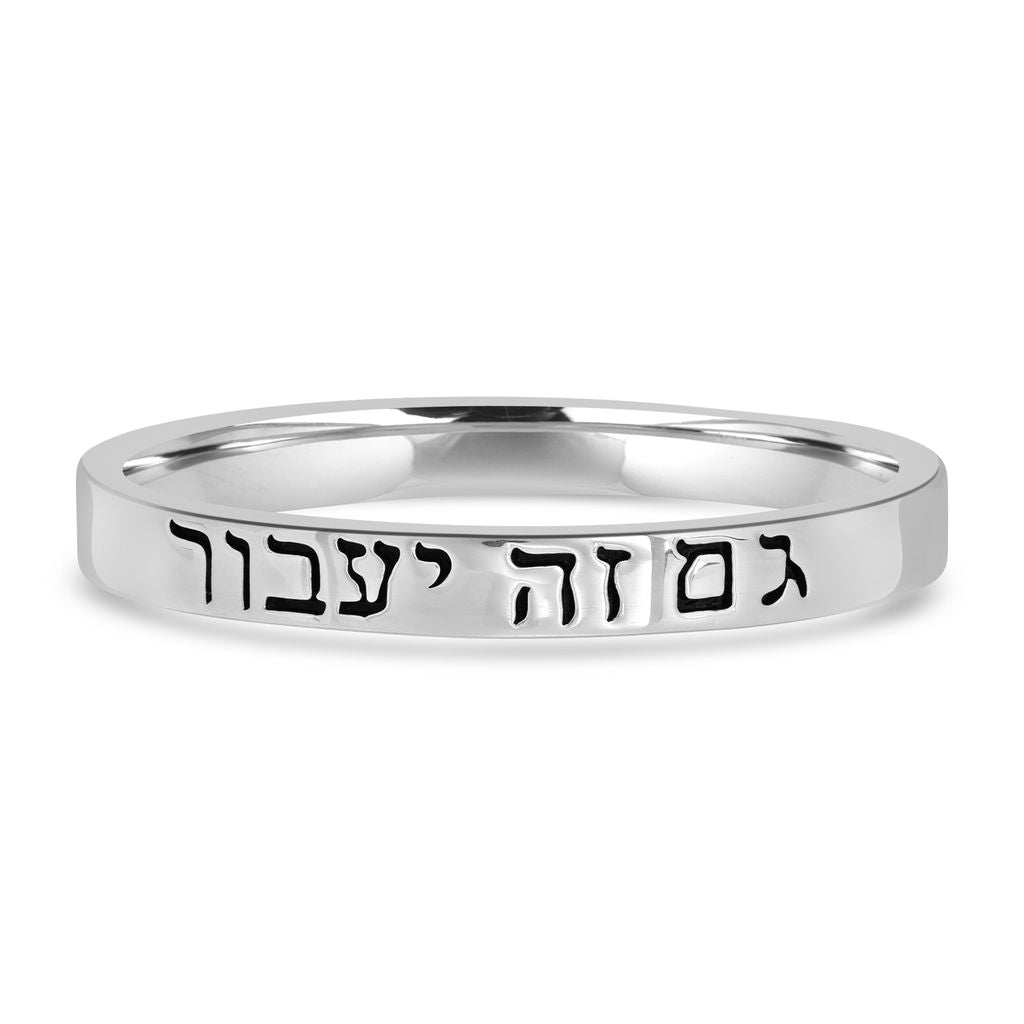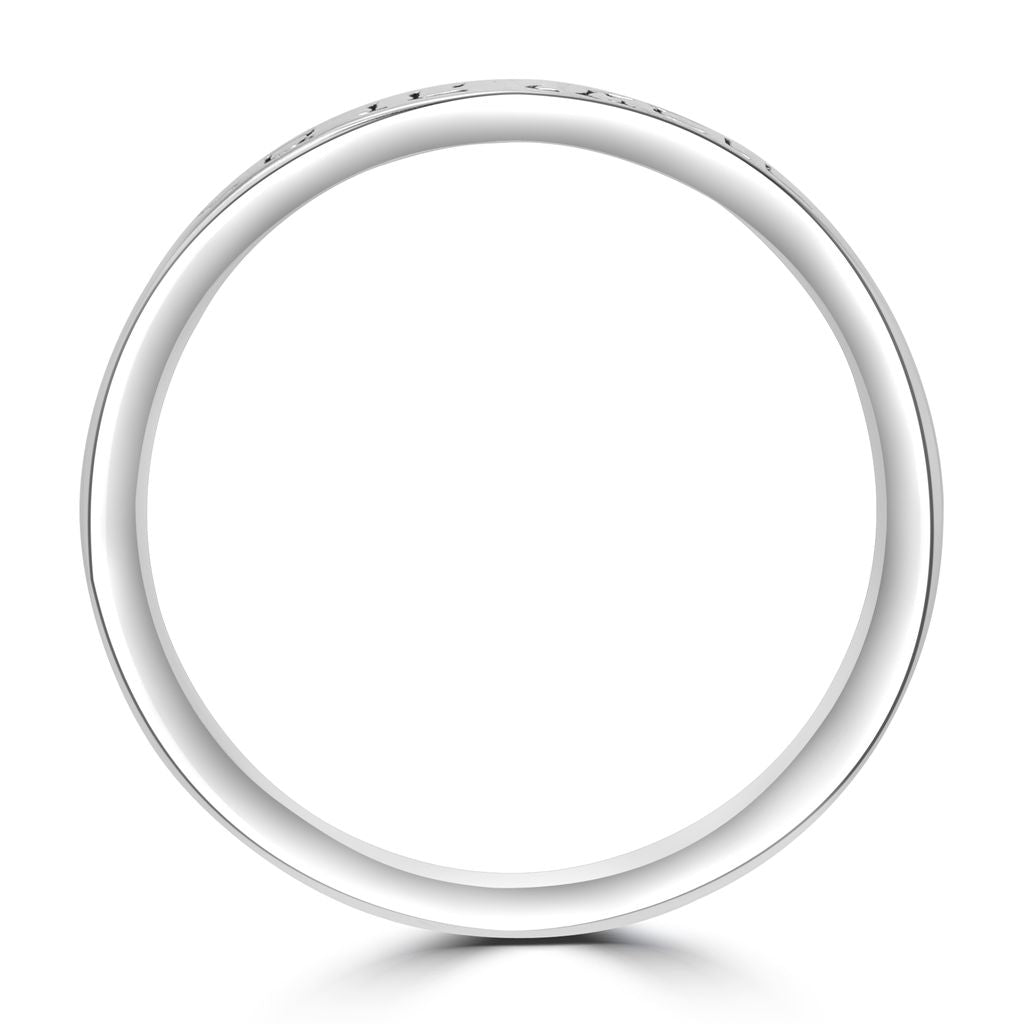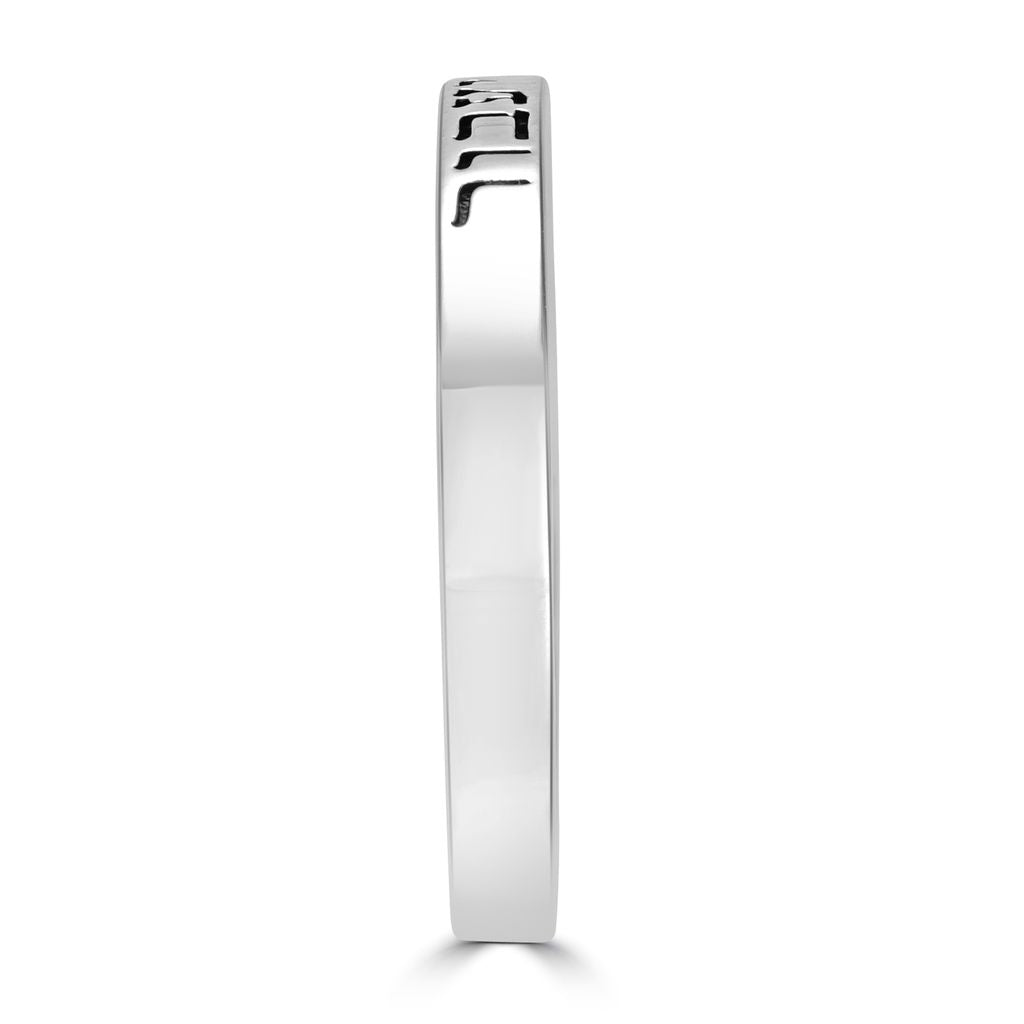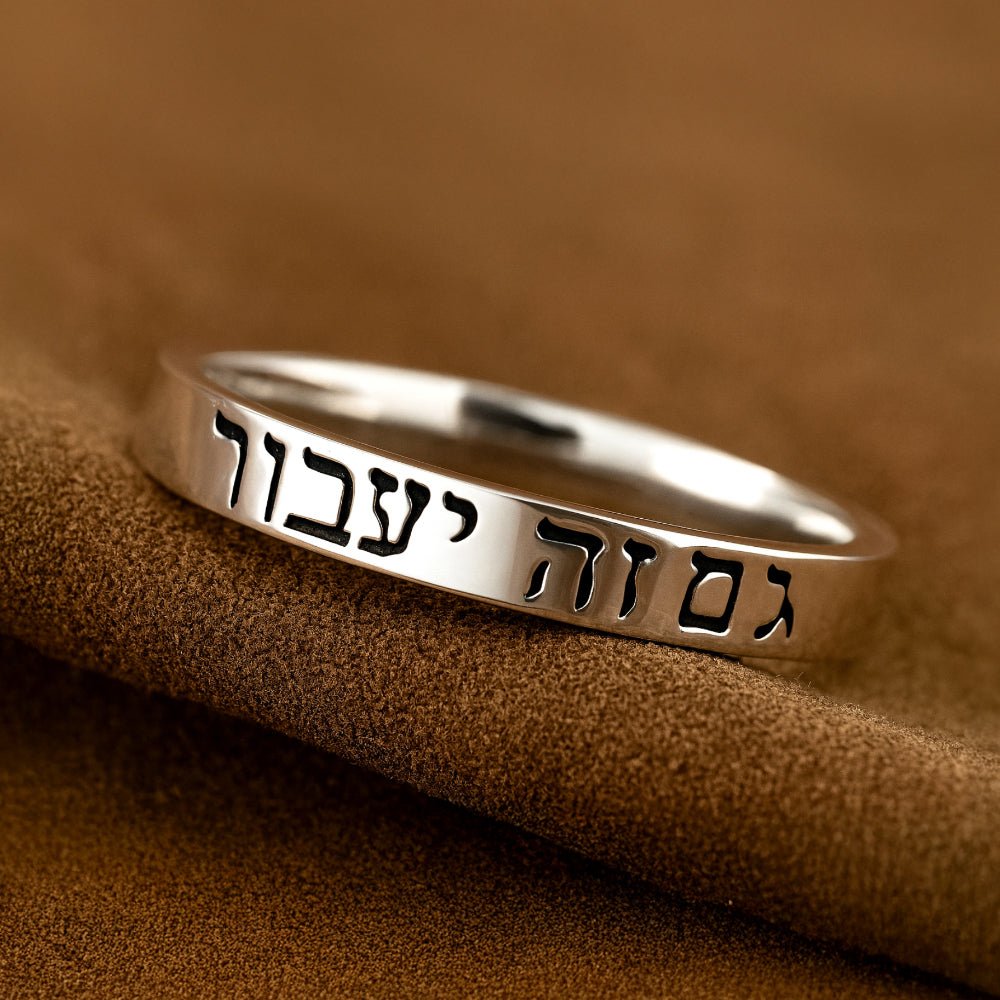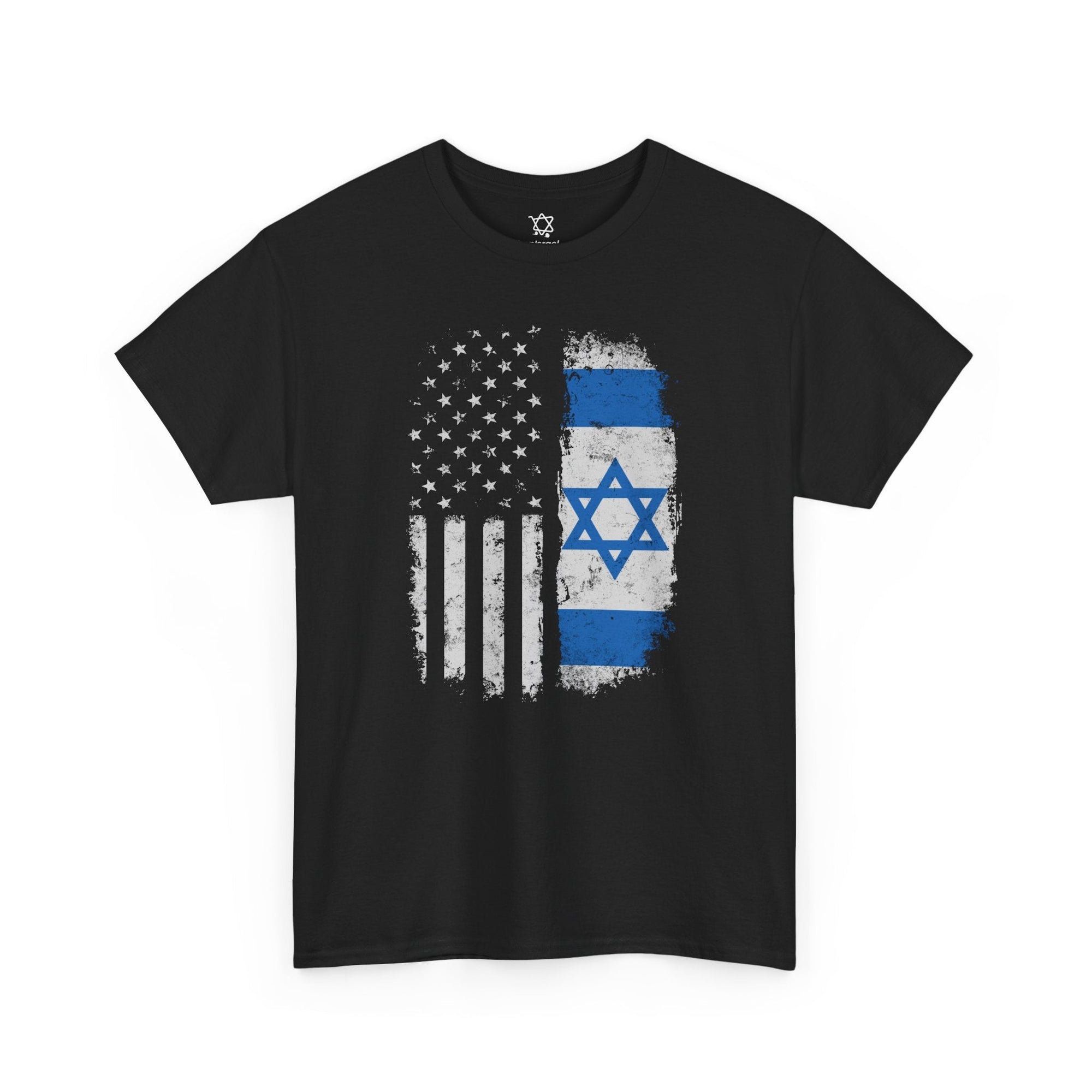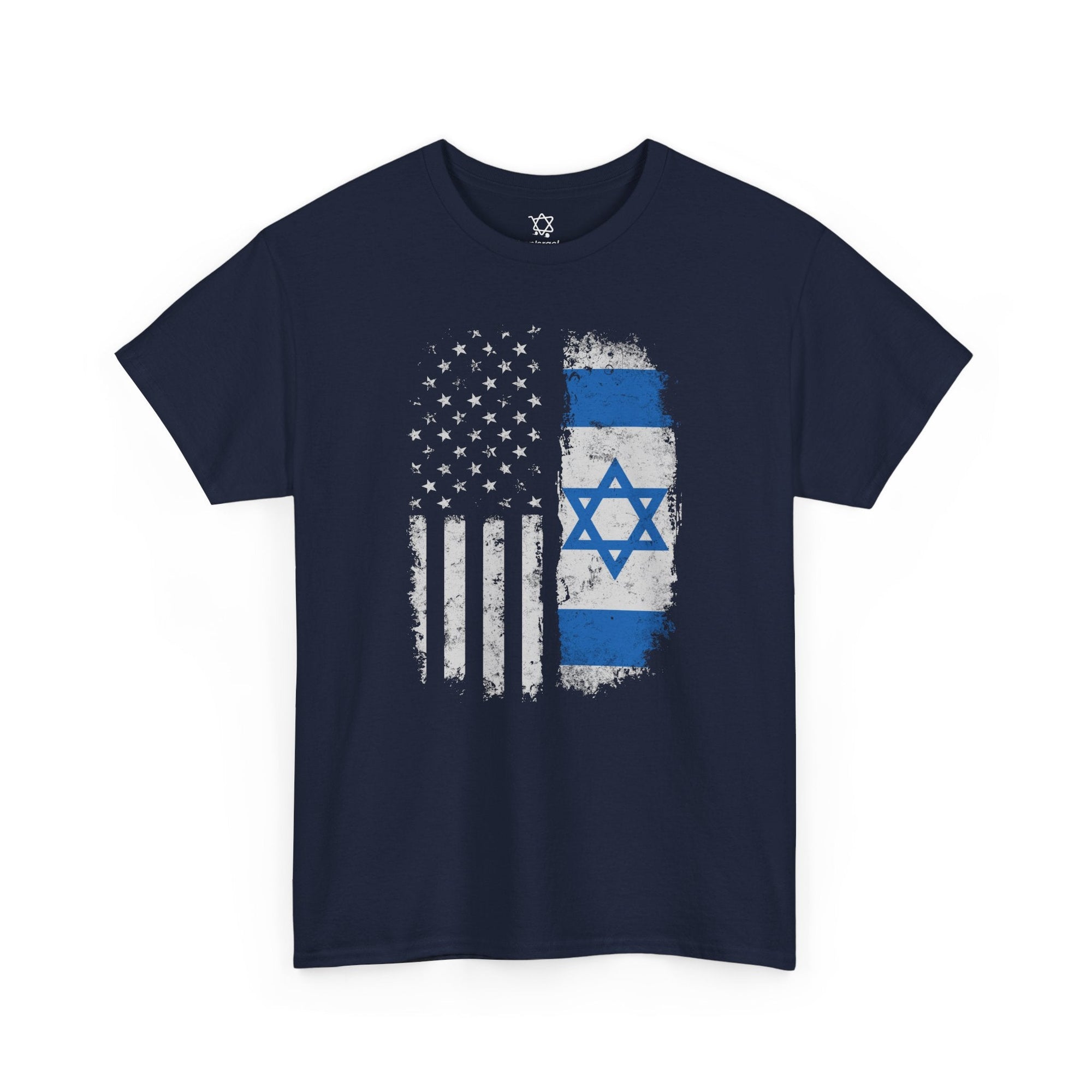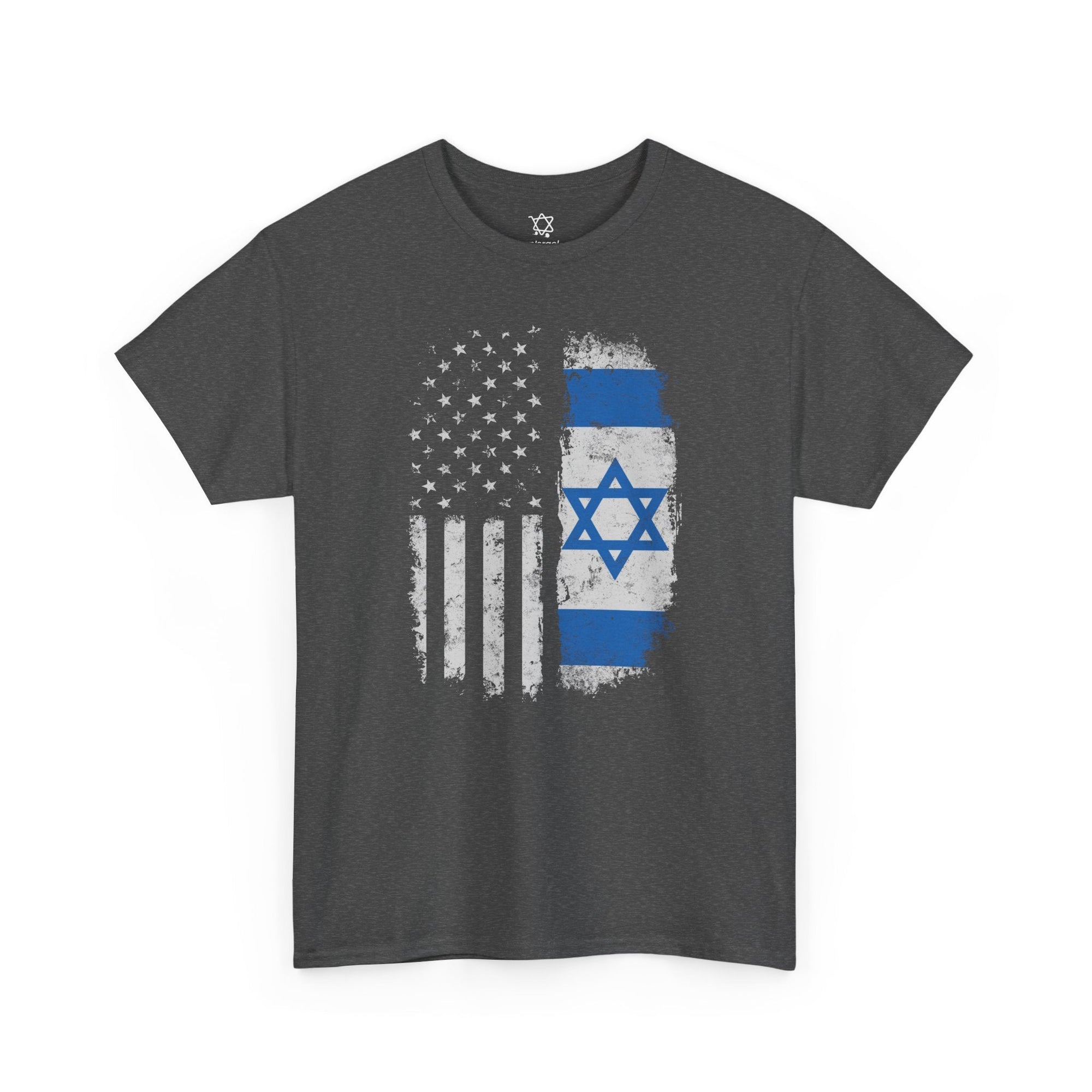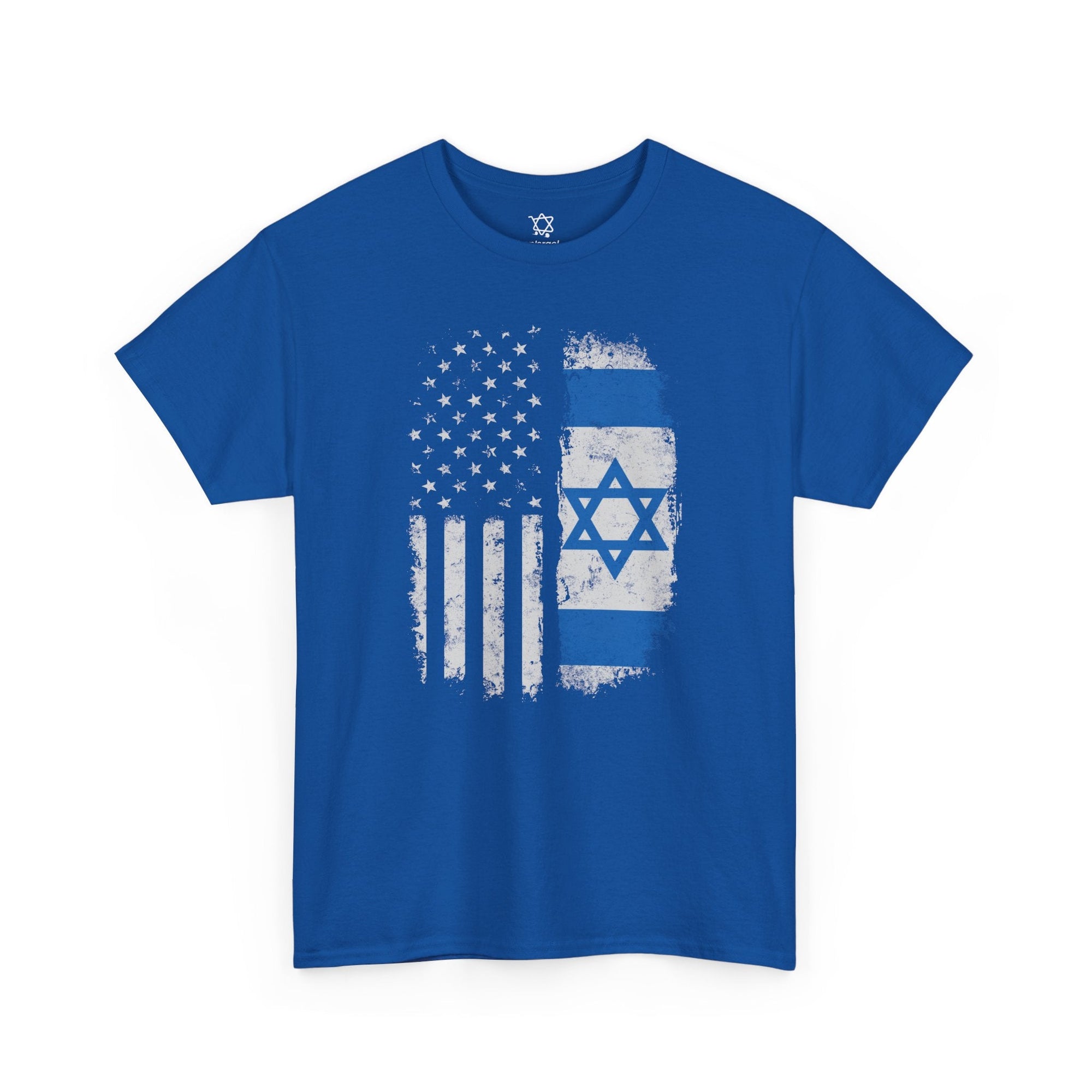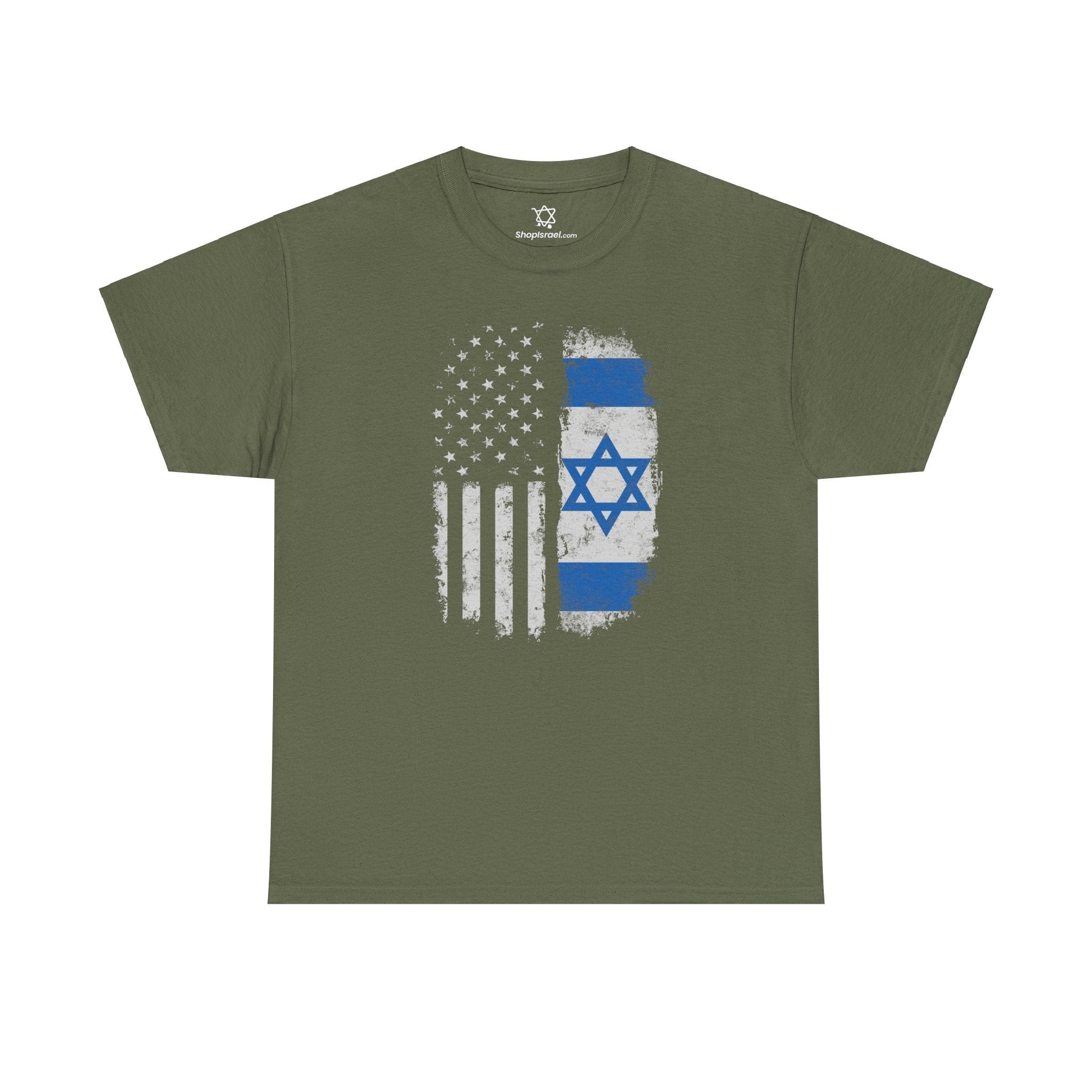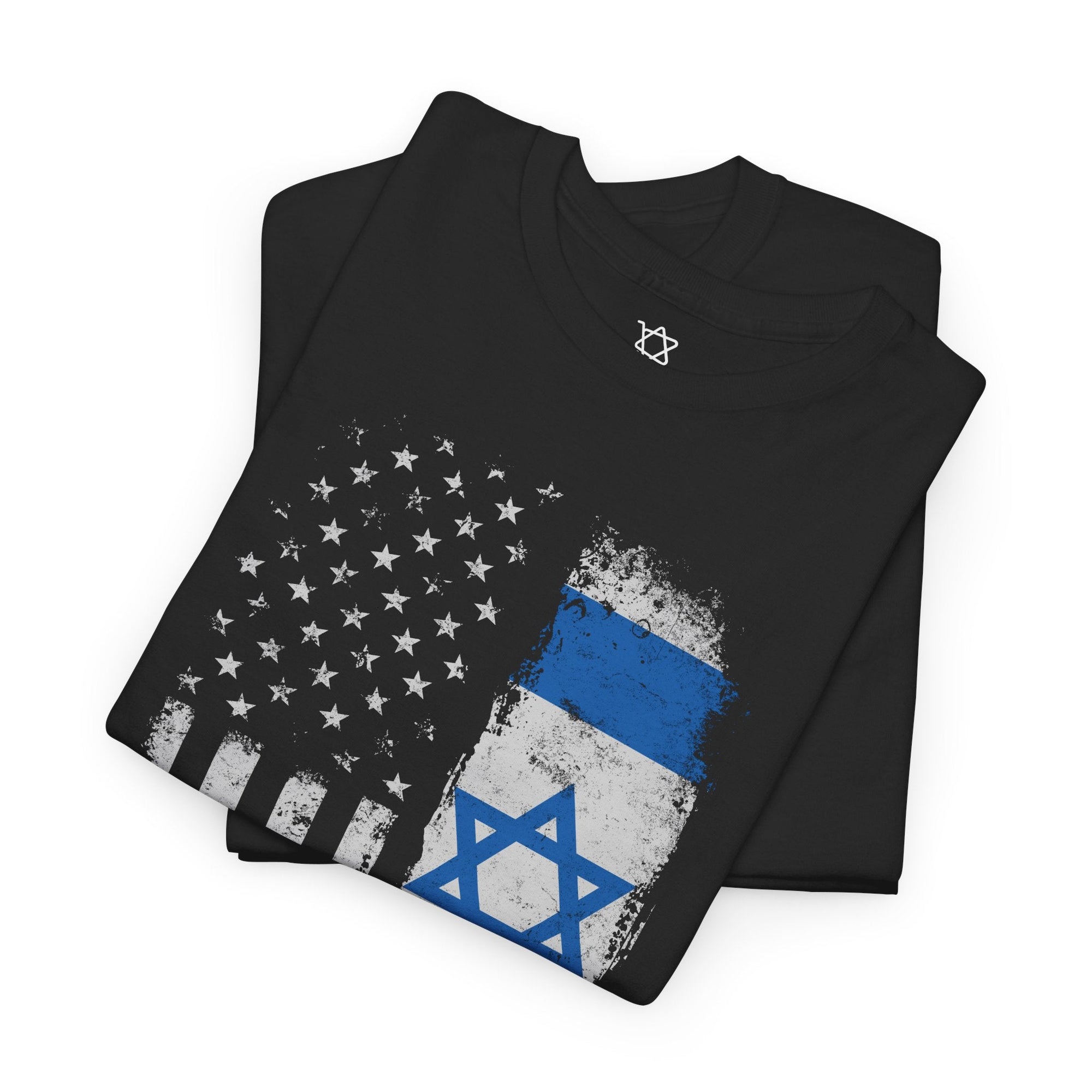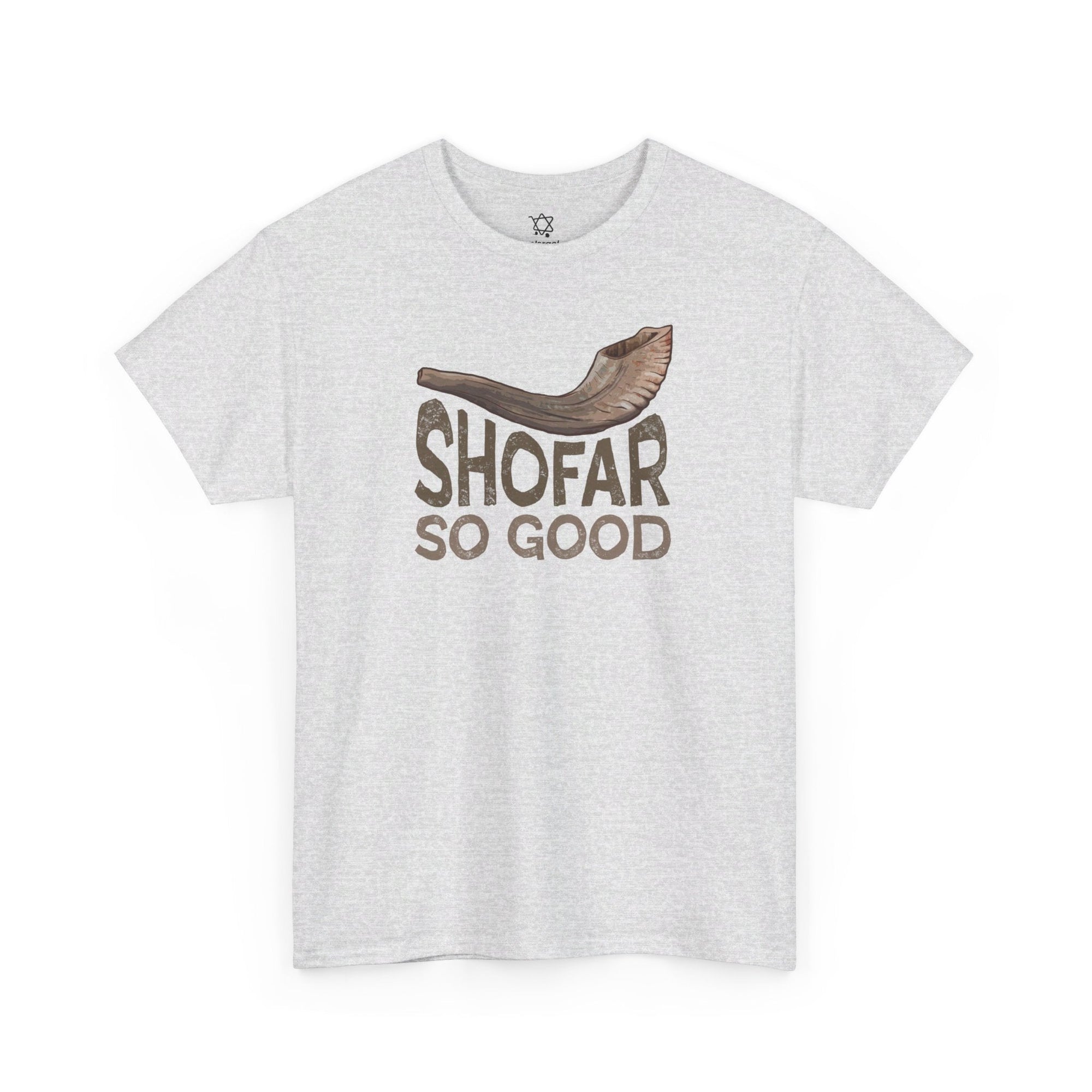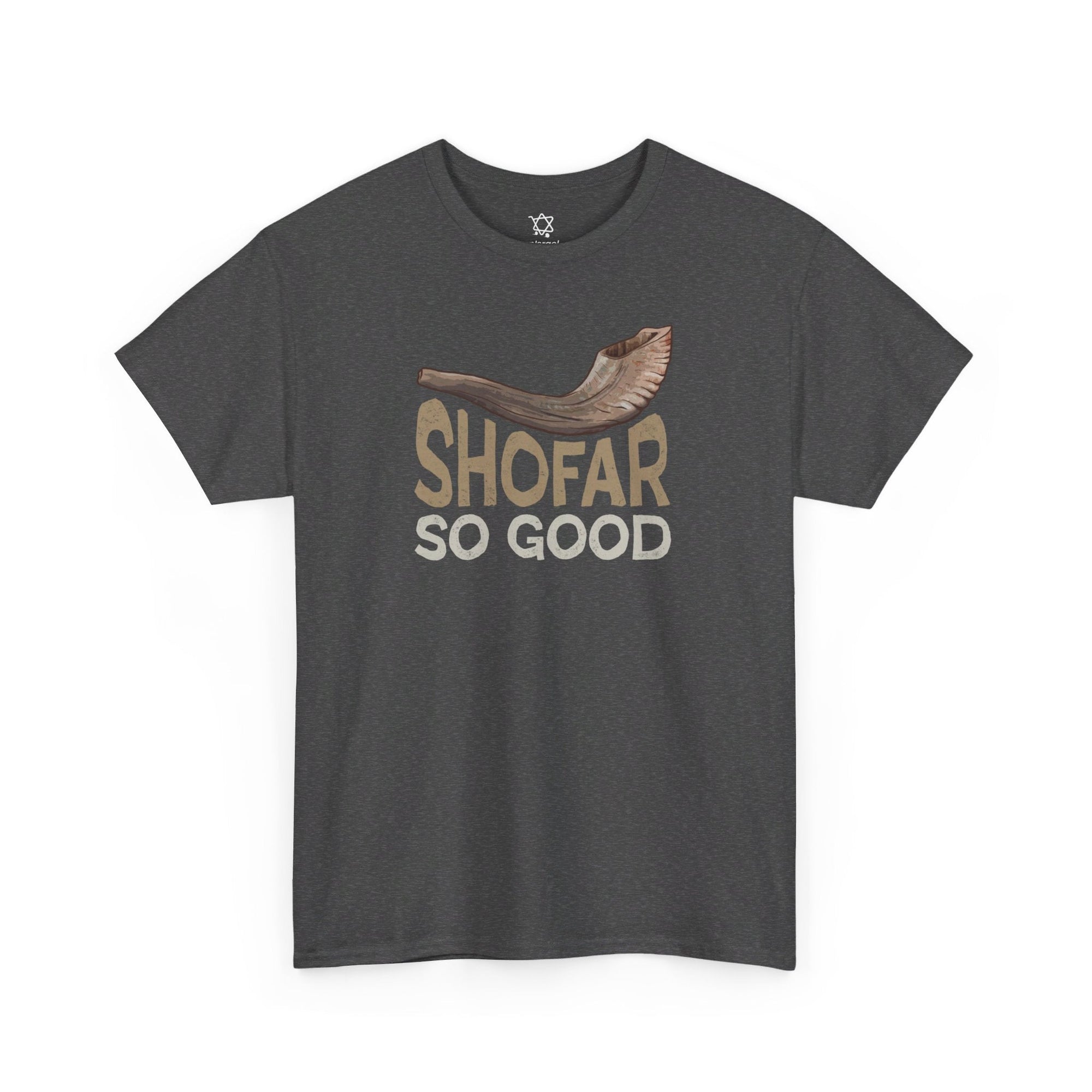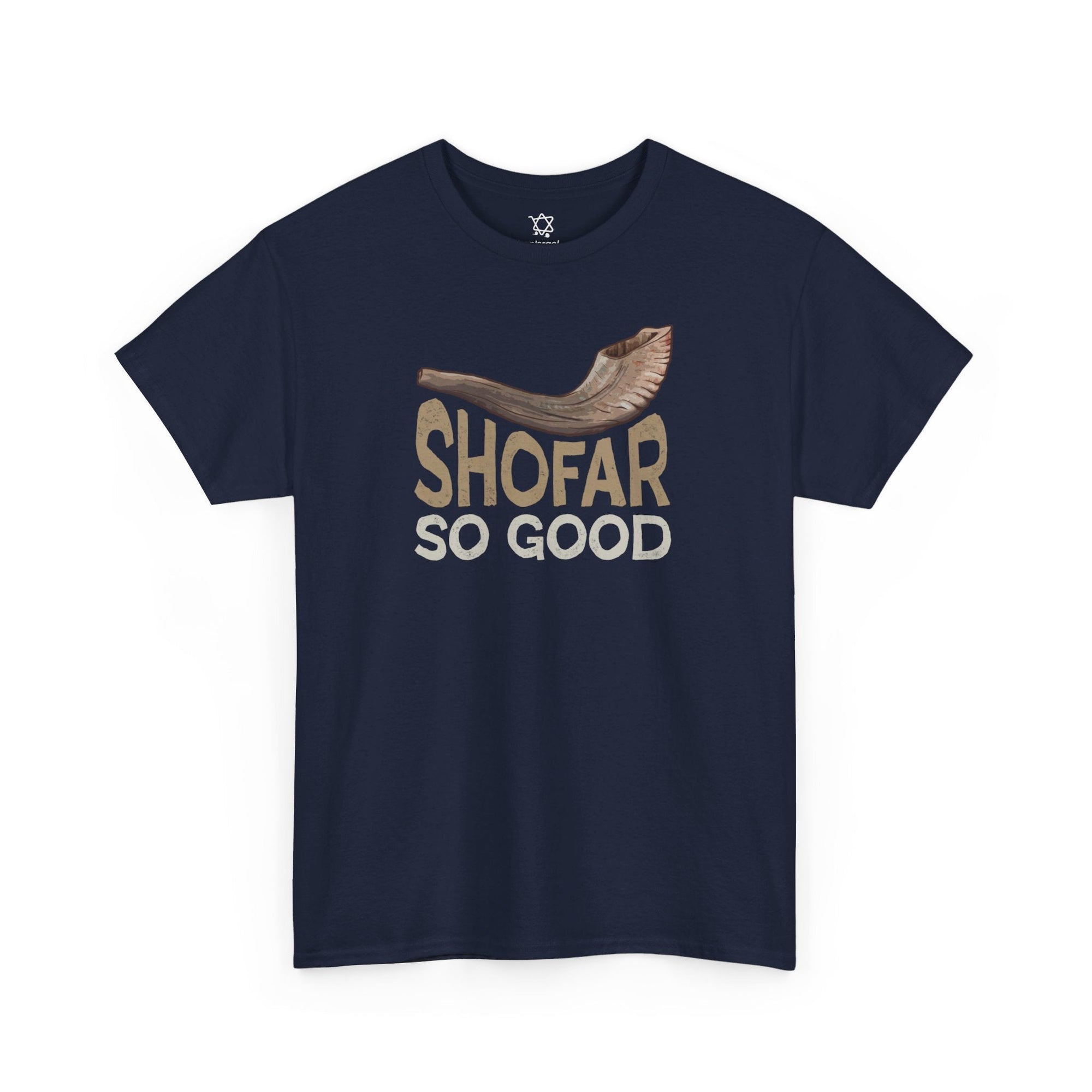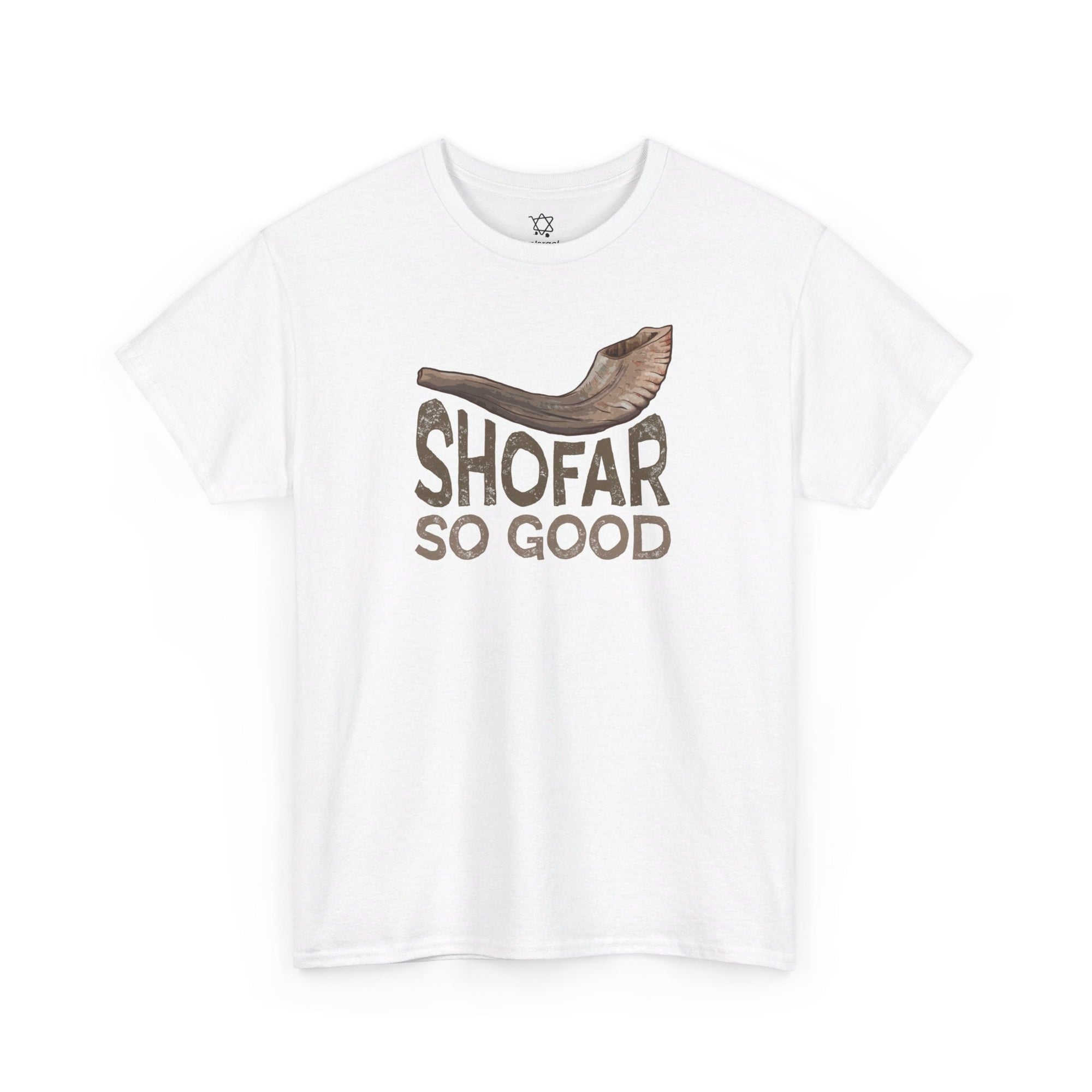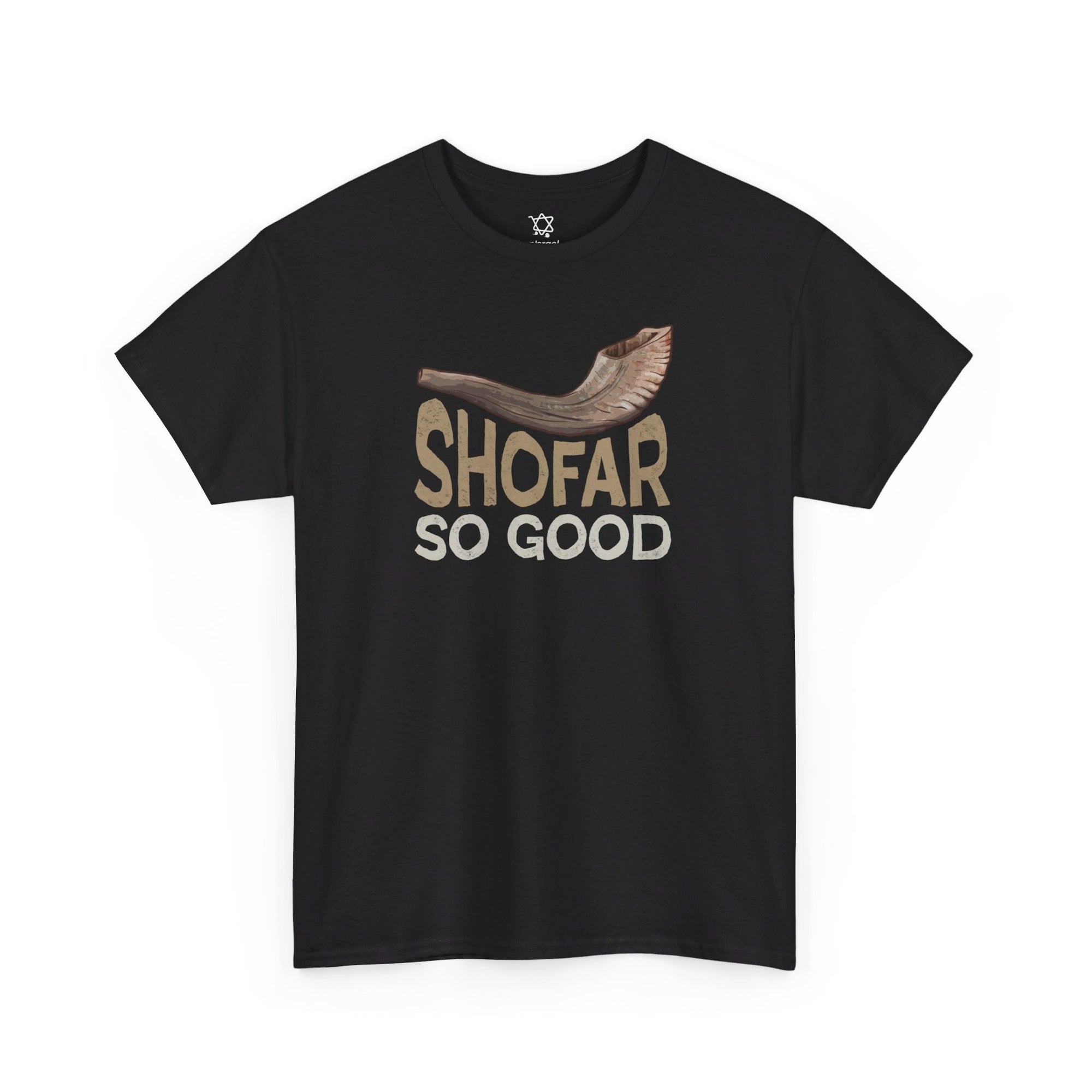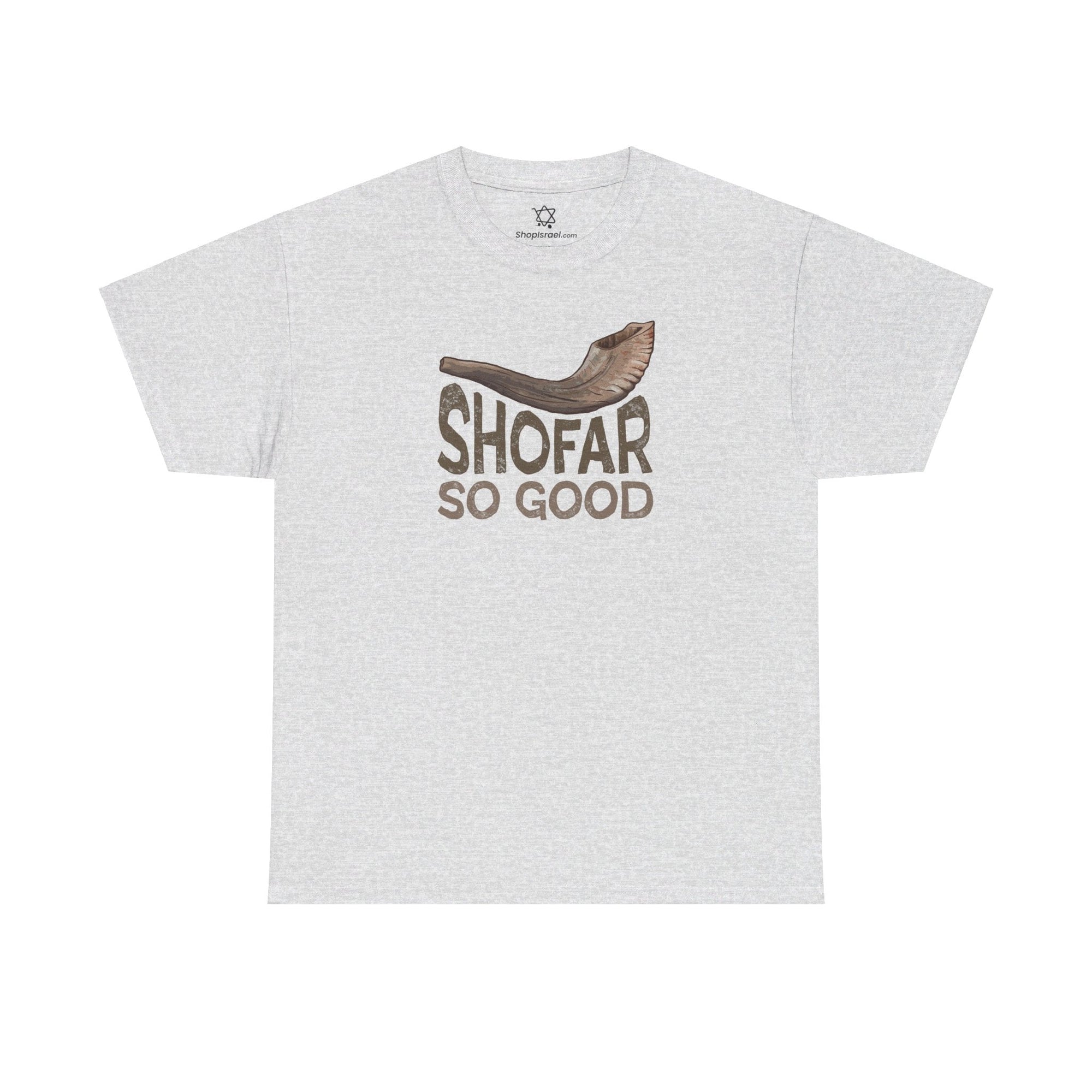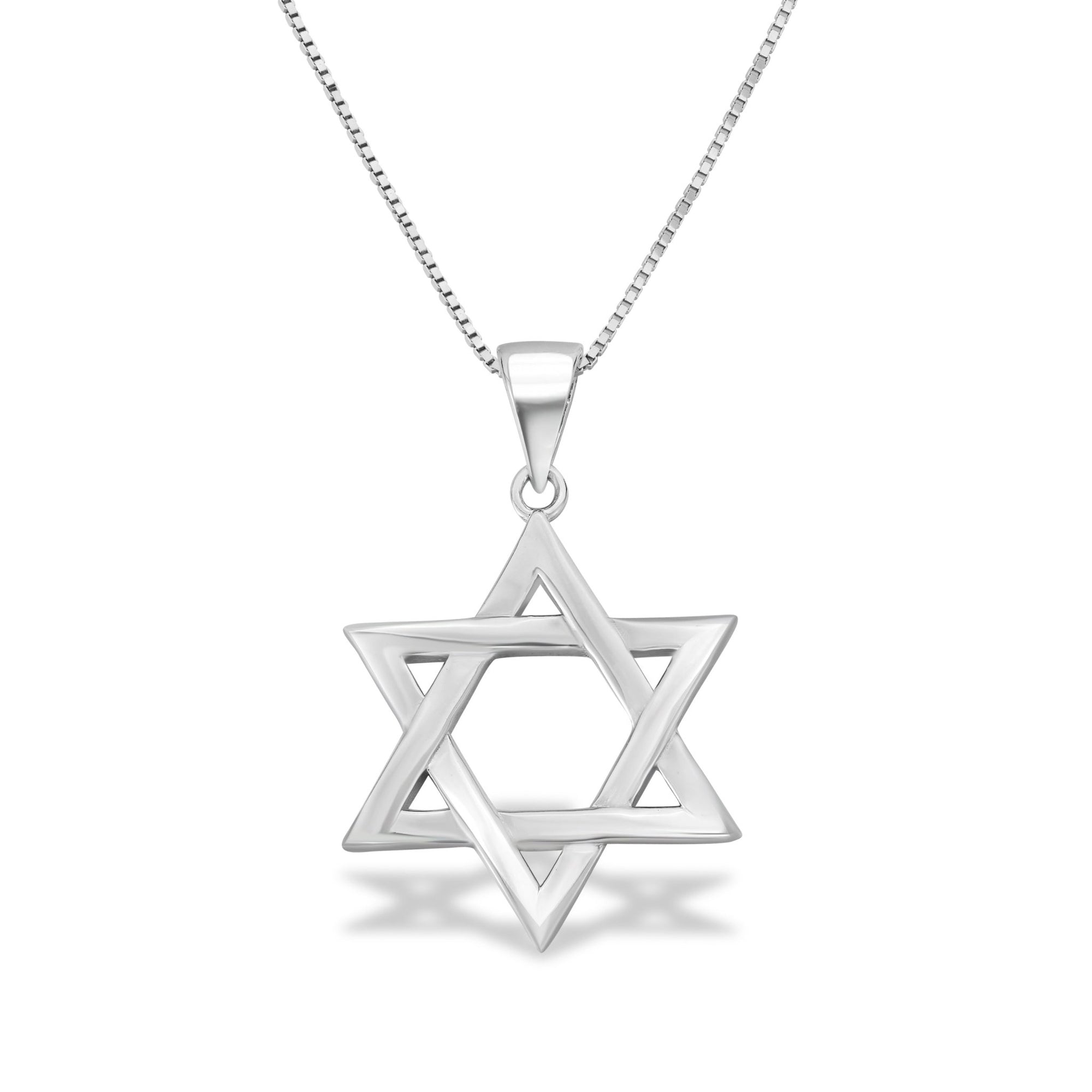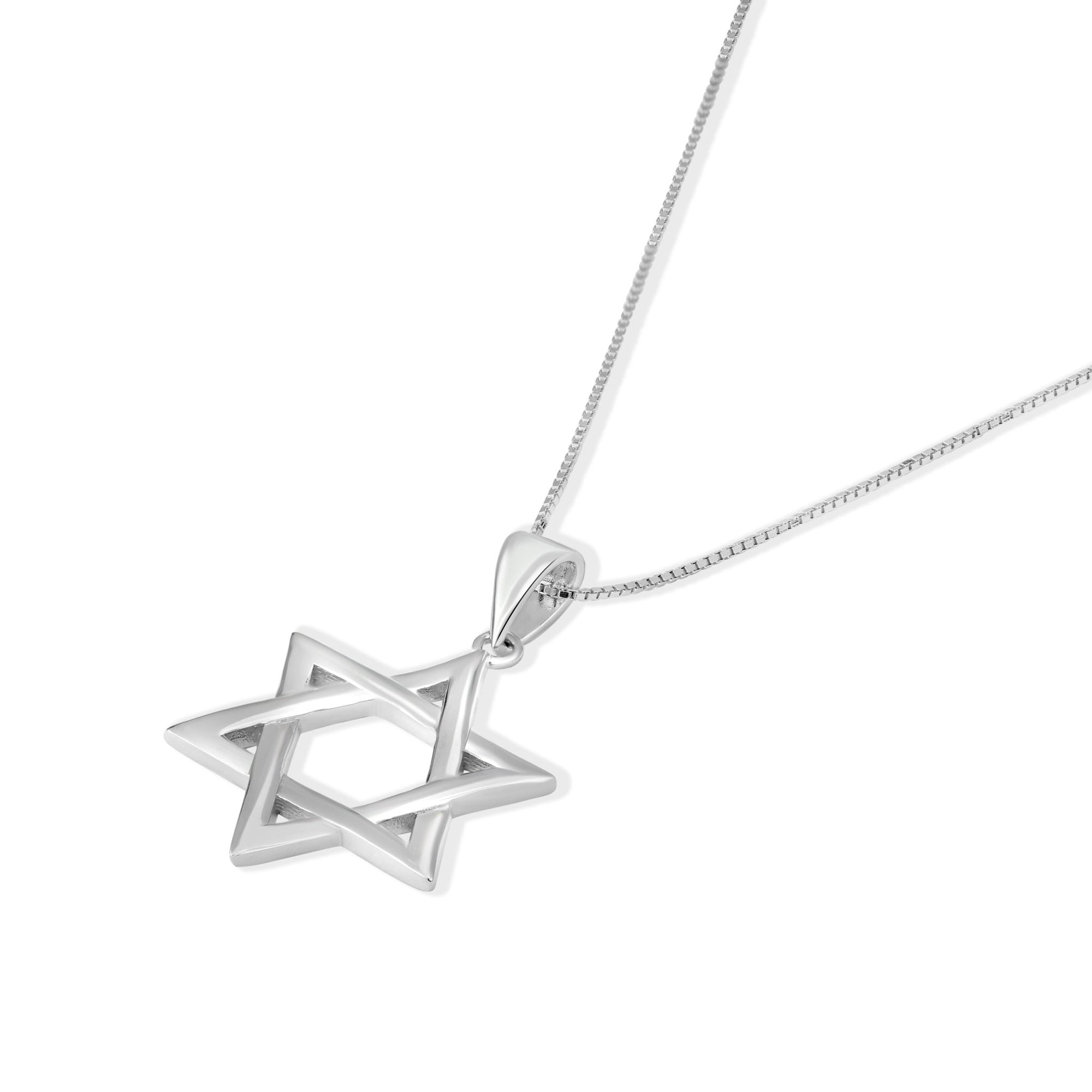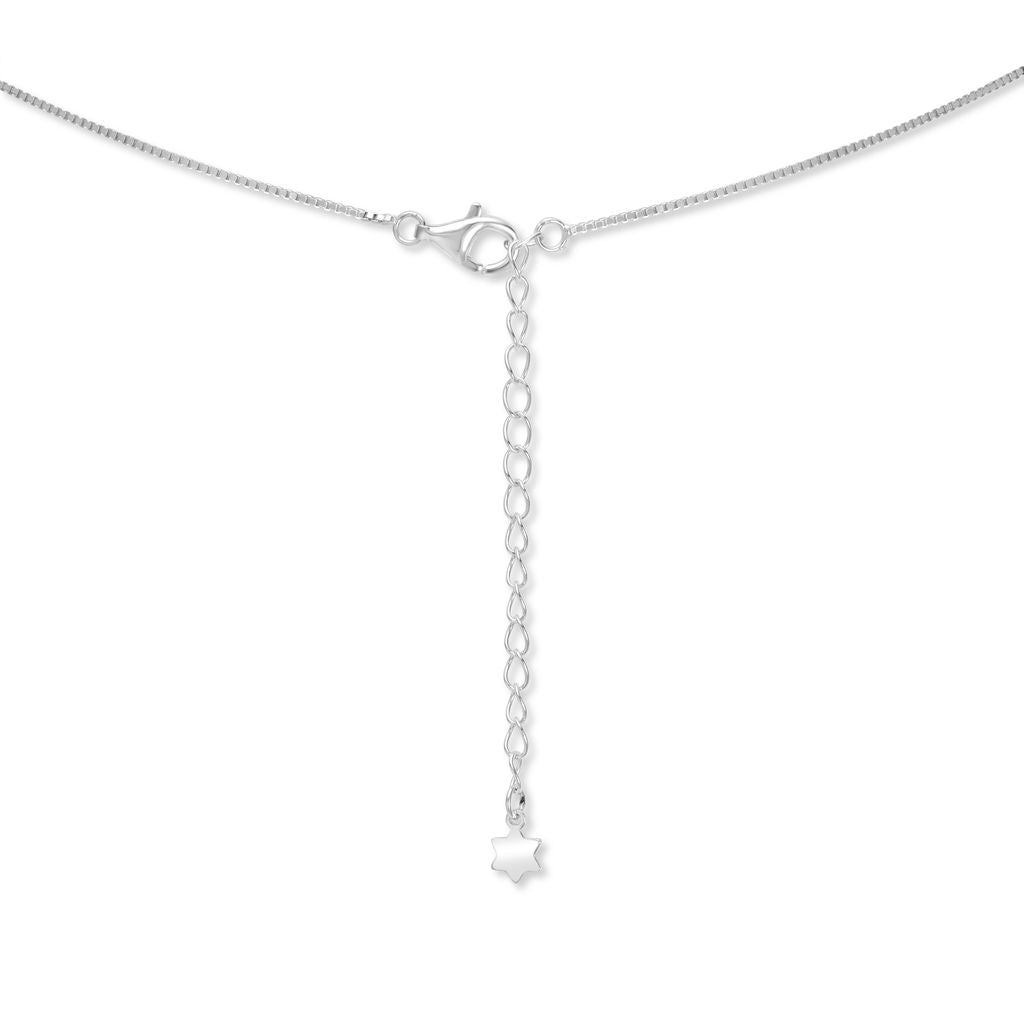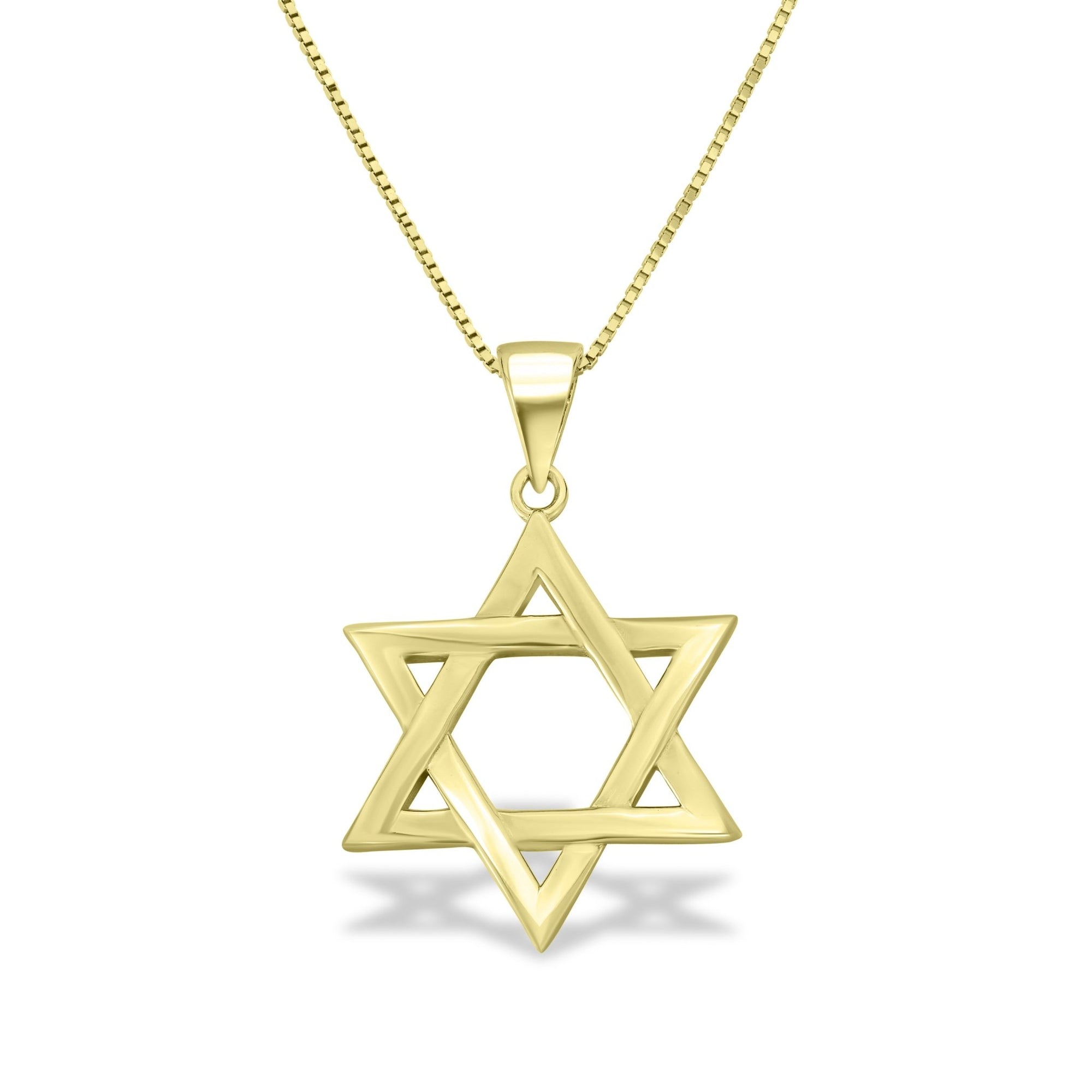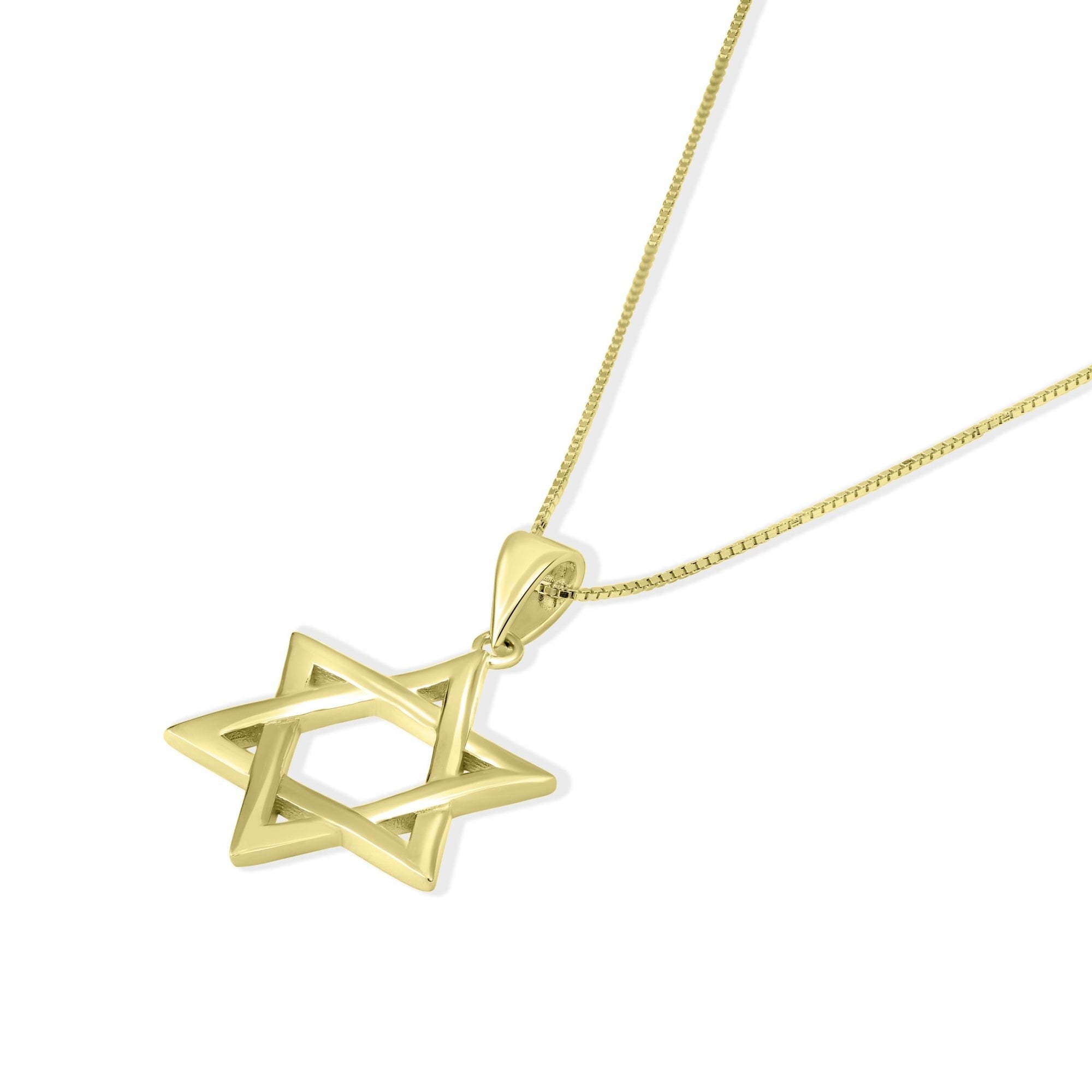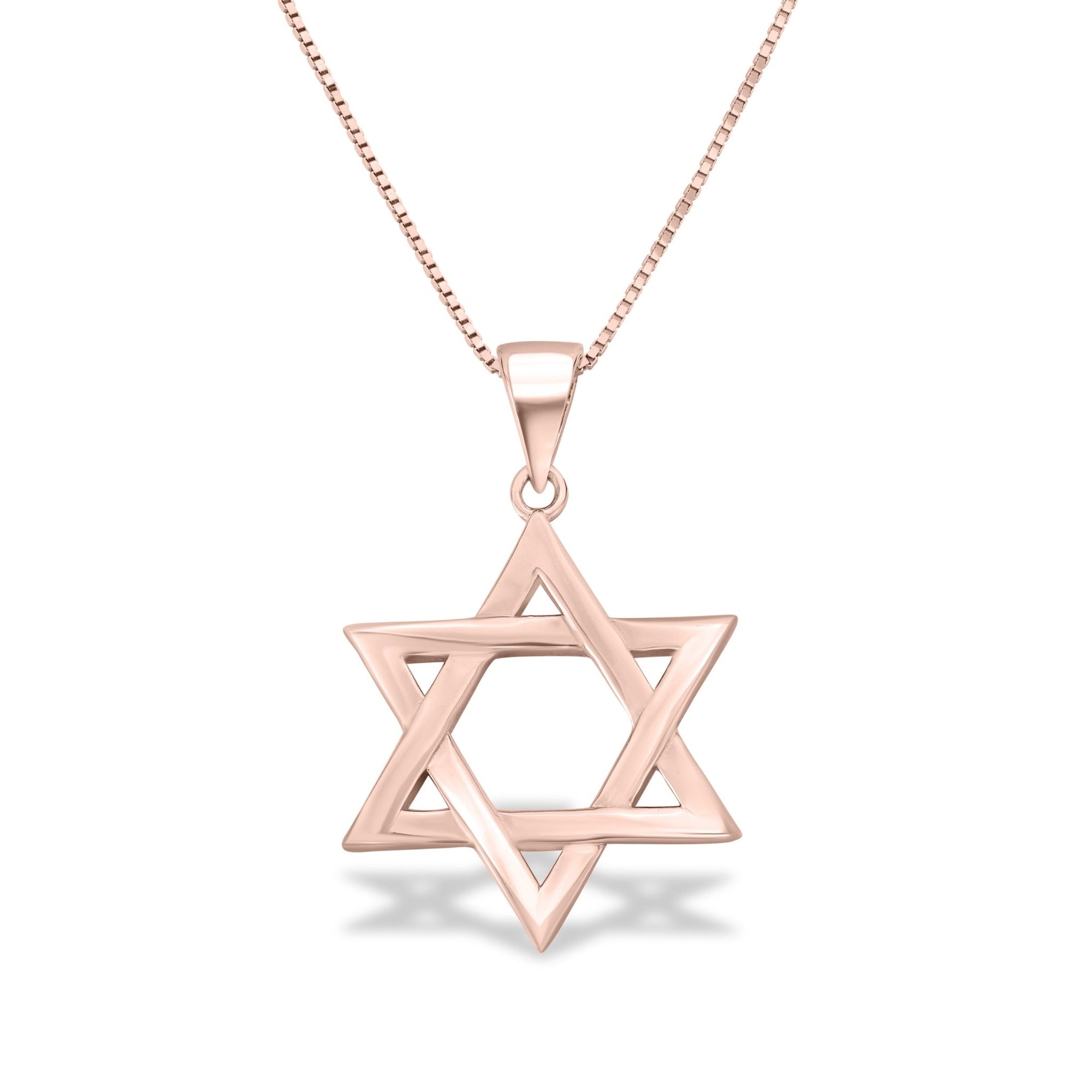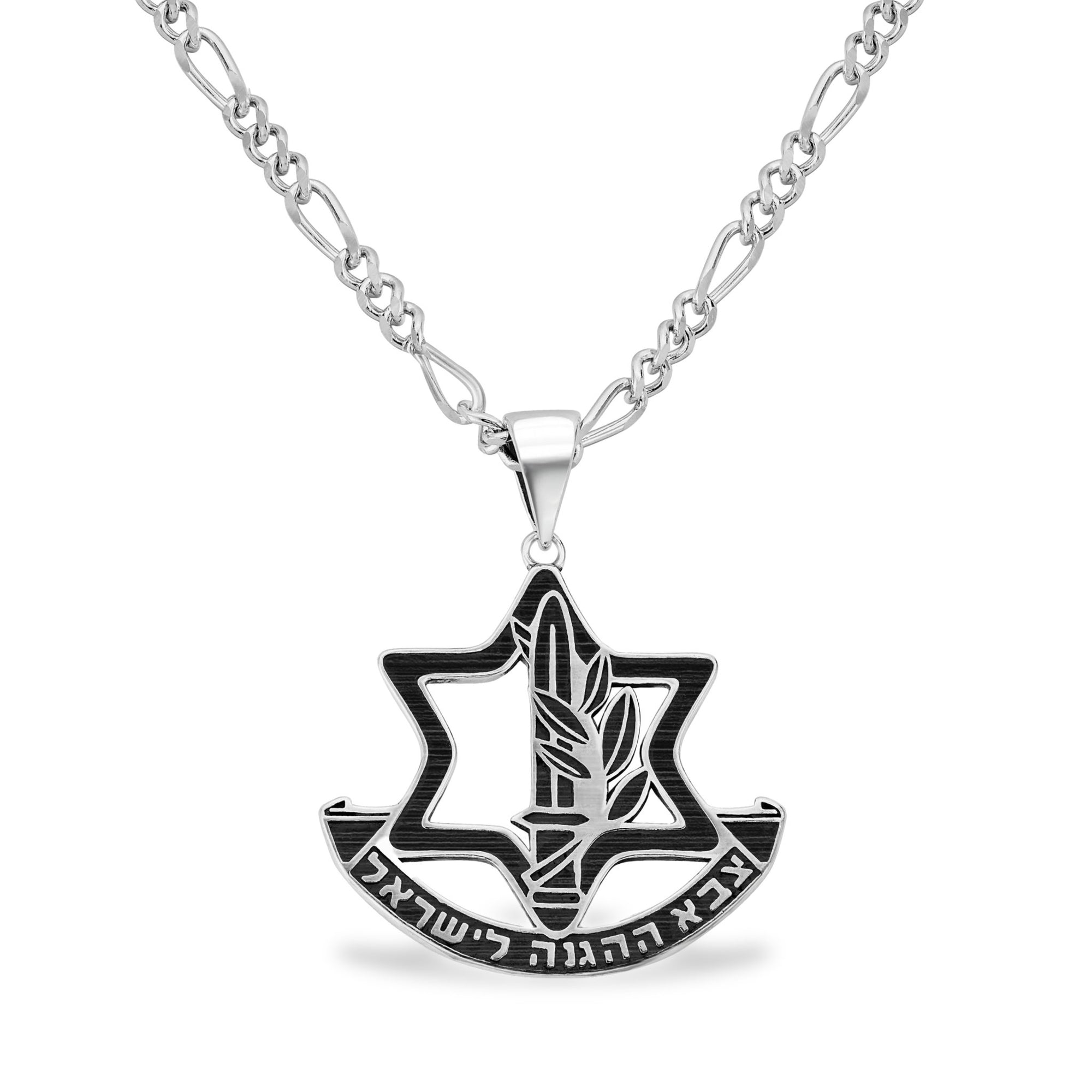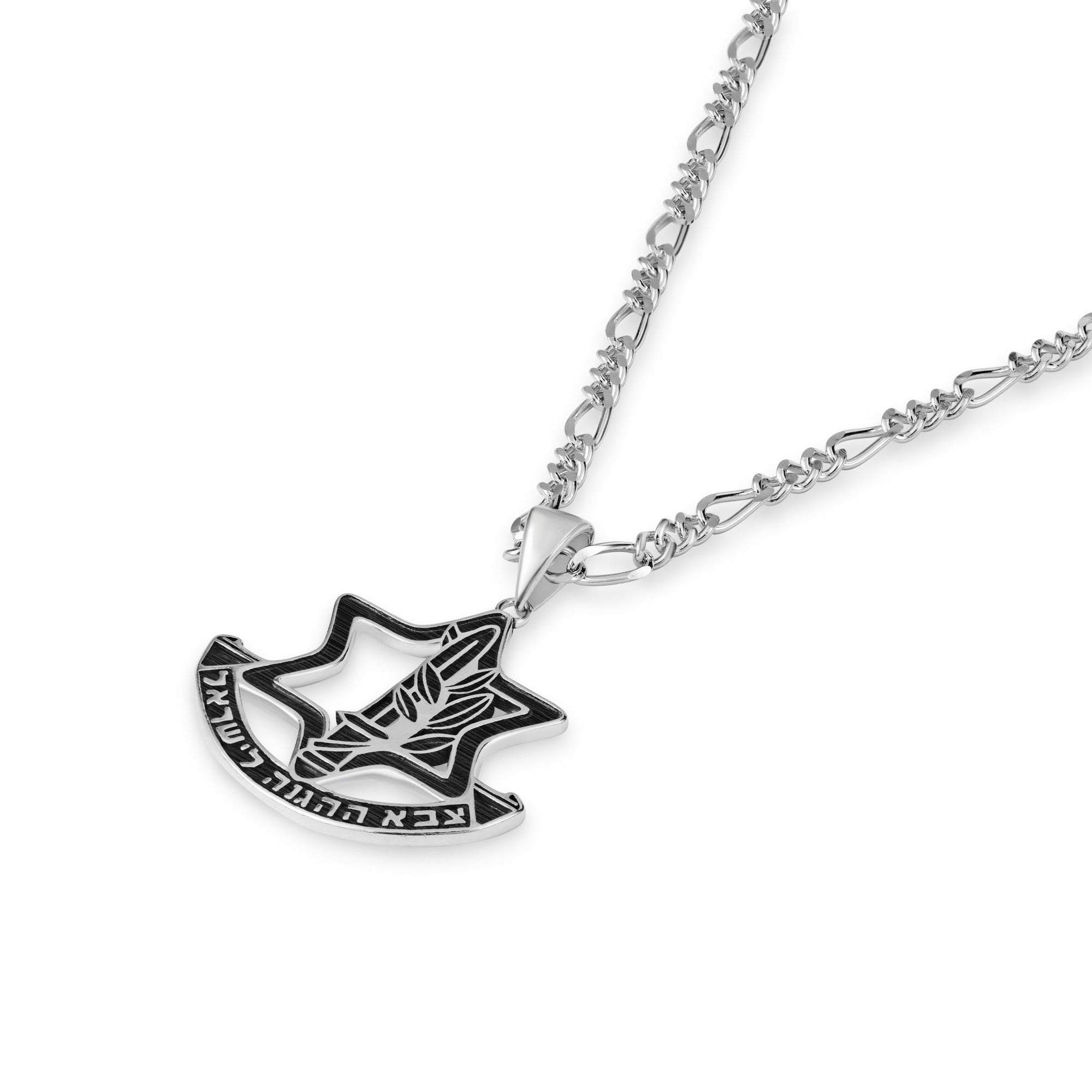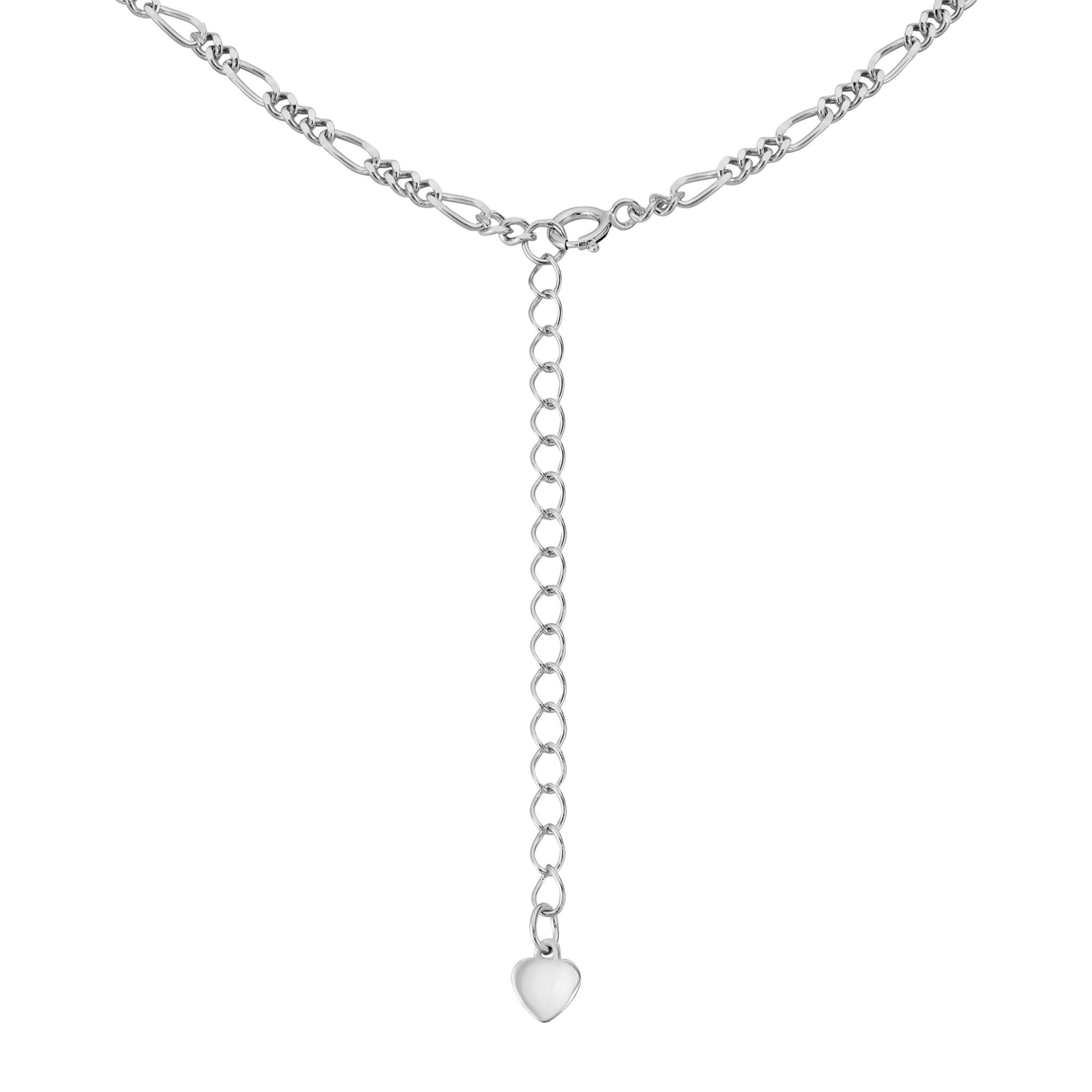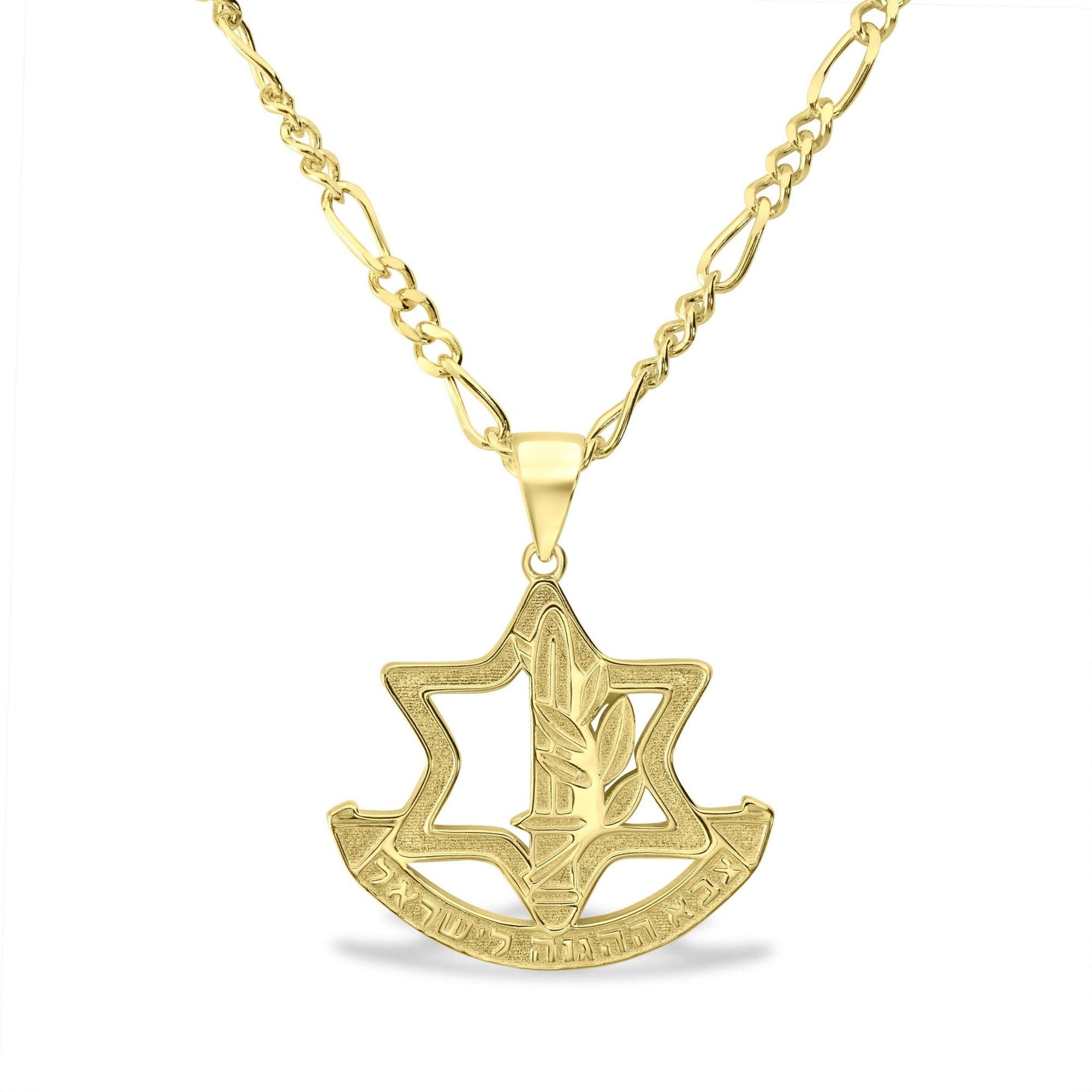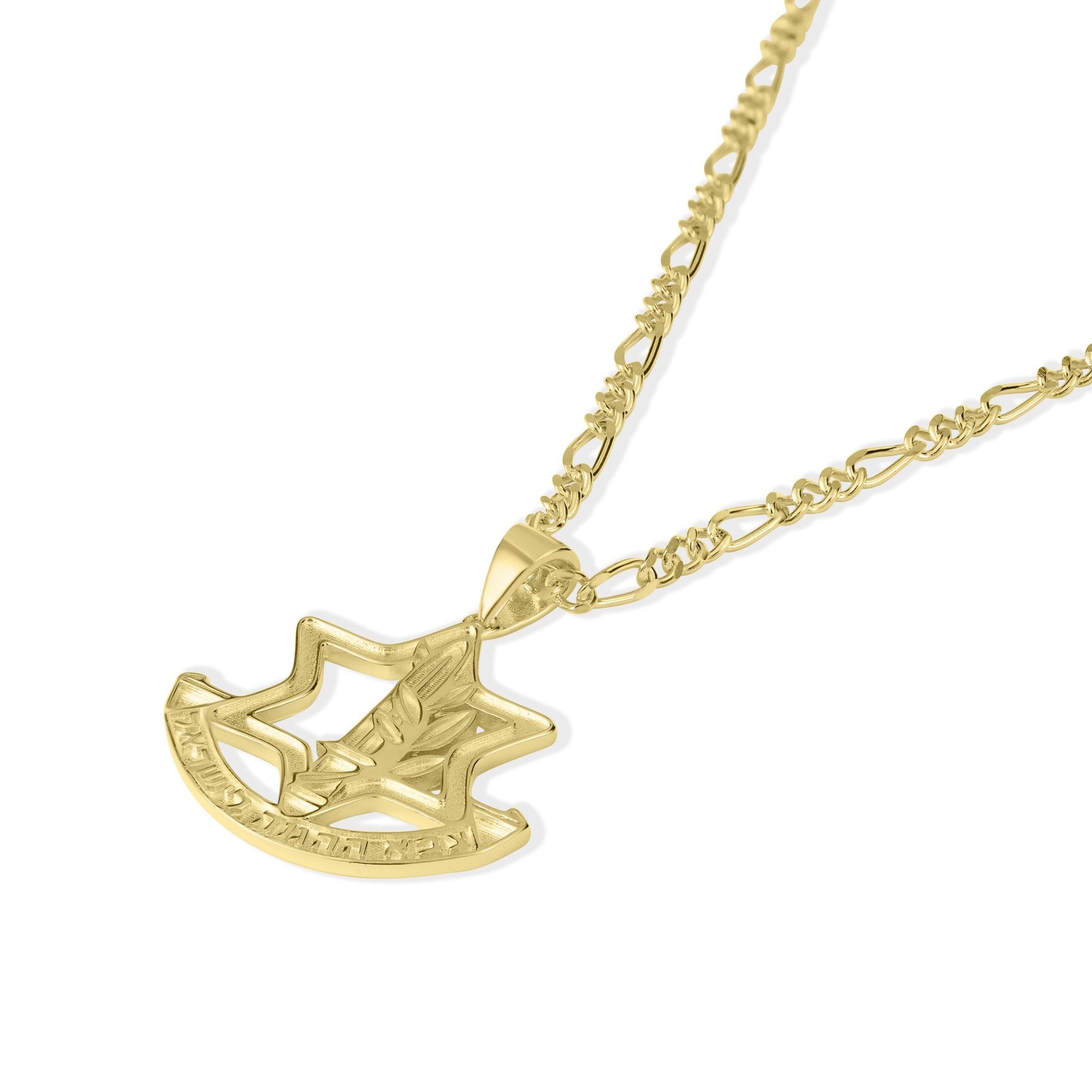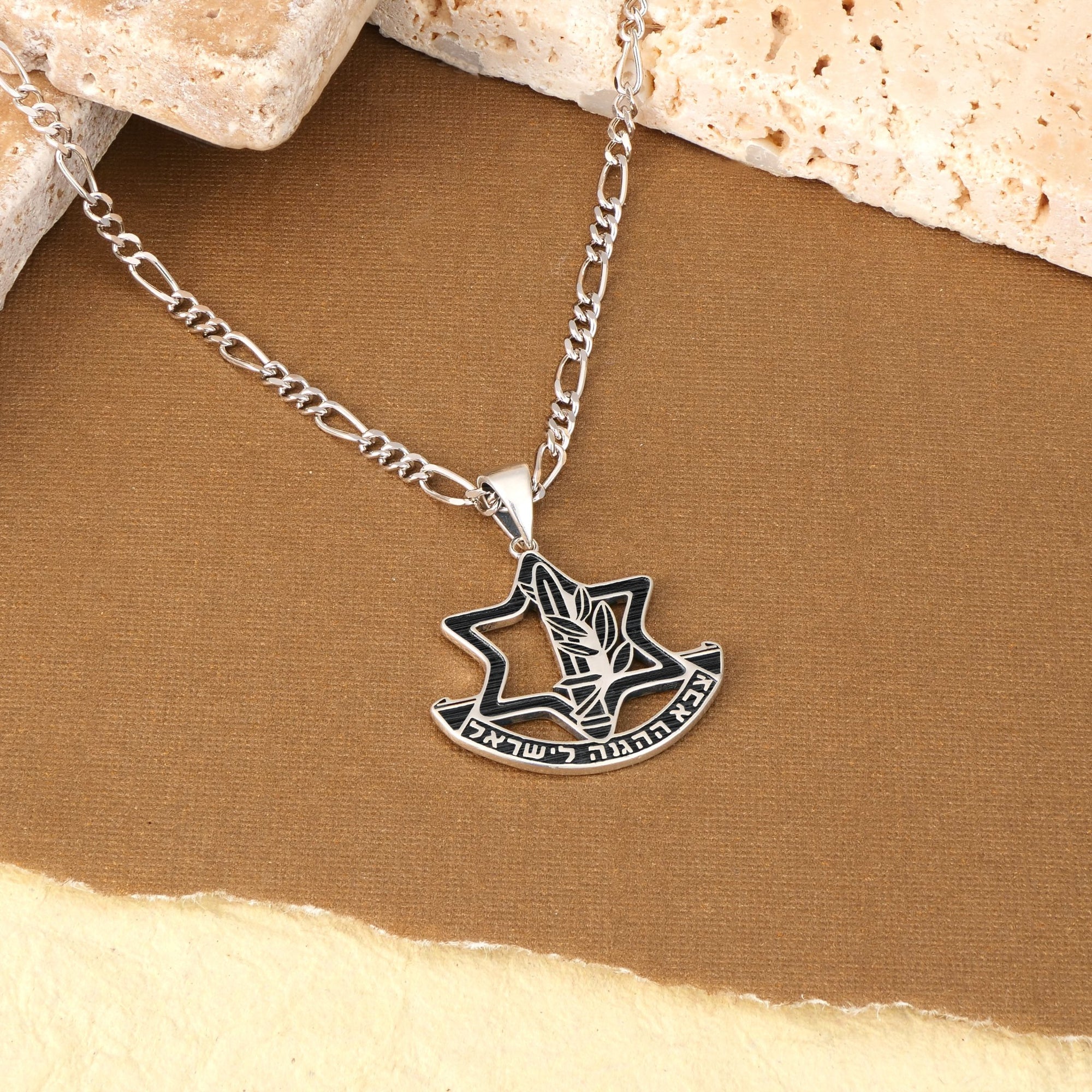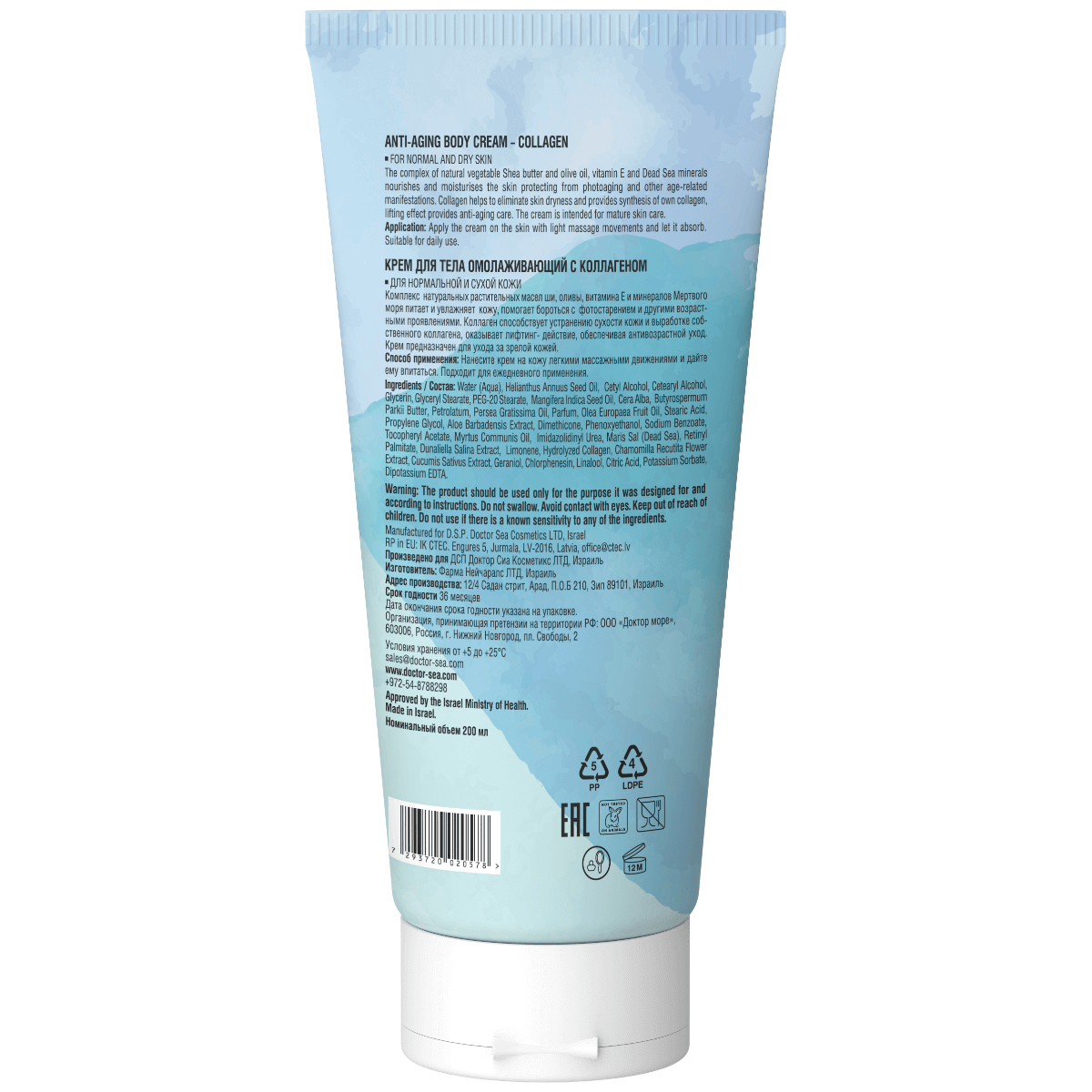Introduction to Israel-Themed Fashion Trends
Israel-themed fashion has evolved from its collectivist origins into a vibrant, diverse scene blending tradition, innovation, and cultural symbolism. Enthusiasts worldwide are increasingly drawn to clothing and accessories that not only reflect Israeli identity but also embrace sustainability, gender fluidity, and global fashion influences. This article explores emerging trends, historical roots, cultural symbolism, and the notable designers shaping Israel-inspired fashion today.
Historical Roots and Contemporary Evolution of Israeli Fashion
What is the historical evolution and contemporary development of the Israeli fashion industry and craft traditions?
Israeli fashion's origins can be traced back to the establishment of the state in 1948, with deep roots in diverse cultural communities including Middle Eastern, Eastern European, and North African groups. During the early years, clothing reflected the Jewish labor and Zionist ethos, emphasizing practicality, durability, and simplicity. A notable example is the kibbutz clothing style, characterized by khaki pants, work shirts, biblical sandals, and modest attire for women, symbolizing collective values and austere living.
The development of the industry was marked by the founding of the ATA textile factory in 1934, which played a crucial role in local textile production and traditional craftsmanship. Later, iconic brands like Maskit, established in the 1950s, and Gottex in 1956, helped preserve ethnic arts and transform Israel into a global fashion player. Over time, Tel Aviv matured as a vibrant fashion hub, integrating local motifs with international trends.
Today, Israeli fashion balances heritage with innovation, featuring a mix of traditional craftsmanship and modern design. Contemporary brands like Dodo Bar Or and Yael Orgad showcase high-end and everyday styles, while sustainable and upcycled fashion are gaining ground, reflecting a commitment to eco-consciousness and local artistry. Modern Israeli fashion incorporates traditional techniques and cultures, evolving into a dynamic industry recognized worldwide.
How is Israeli identity represented through fashion both in local markets and by global influencers?
Locally, Israeli identity is vividly expressed through traditional motifs, religious symbols like the Star of David, and references to historical and national narratives. During festive periods like the High Holidays, many Israelis wear all-white outfits sourced from local designers such as Castro, which designs collections specifically for Rosh Hashanah, Sukkot, and Passover.
On the global stage, Israeli designers have gained international fame through celebrity collaborations. For instance, designers like Alon Livne have outfitted stars such as Beyoncé and Lady Gaga, elevating Israeli creativity on the world’s fashion scene. Influencers and celebrities wearing Israeli brands help spread cultural visibility.
This dual representation—authentic cultural expression at home and fashionable innovation abroad—strengthens Israel’s image as a country deeply rooted in tradition yet receptive to contemporary global design. It highlights how fashion serves as a powerful medium for expressing national pride and cultural identity worldwide.
Cultural Symbolism and Influences in Israel-Themed Clothing
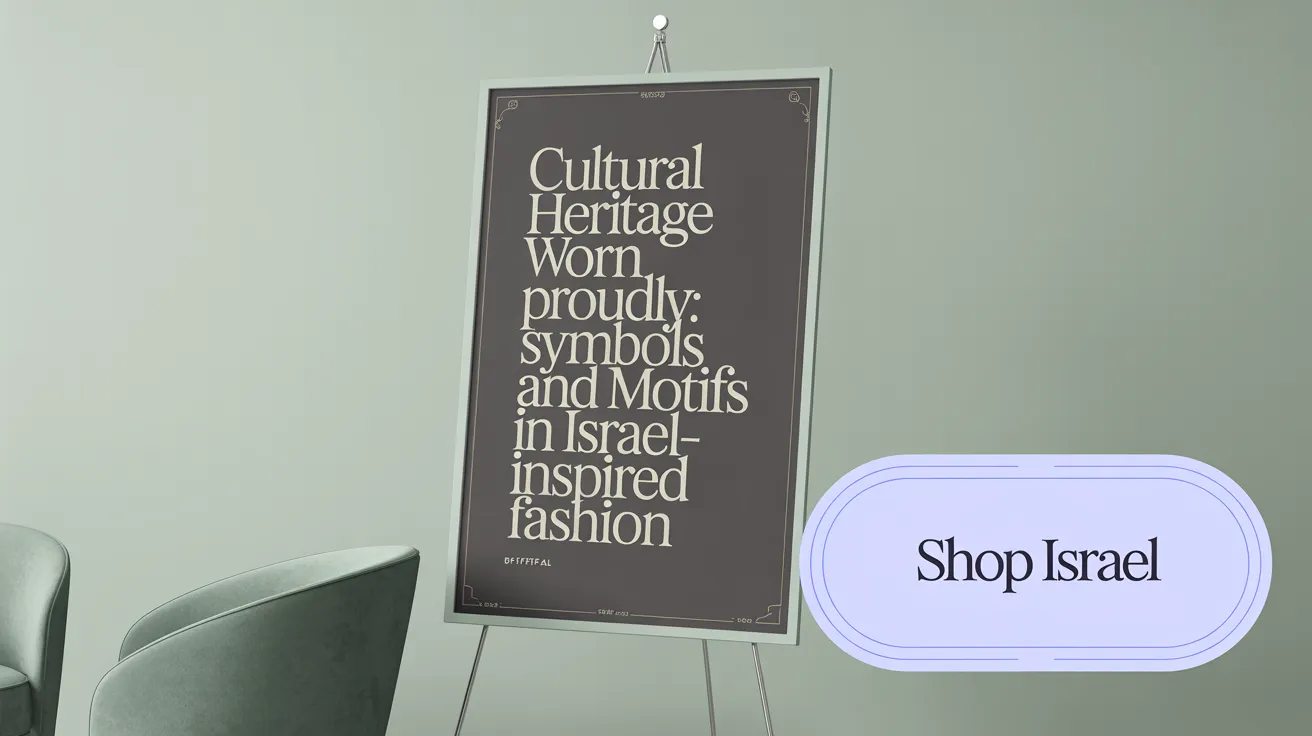
How do cultural influences and symbolism manifest in Israel-themed clothing styles and designs?
Israel-themed fashion frequently features rich cultural symbols that reflect the country's diverse traditions and history. Designers incorporate elements like the distinctive stripes of the tallit (prayer shawl), embroidery inspired by Yemenite and Bukharan communities, and patterns resembling the Palestinian keffiyeh. These motifs serve to evoke Israel's multicultural landscape, blending heritage with modern styles. Such symbols are not merely decorative; they act as expressions of identity, pride, and cultural continuity. The combination of traditional iconography with contemporary cuts creates clothing that resonates on a personal and national level. For more about Israeli fashion trends and how identity is expressed through apparel, see this comprehensive overview.
How do Israeli culture, holidays, and heritage influence clothing designs and fashion statements?
Cultural practices and holidays heavily influence fashion choices in Israel. Traditional holiday attire, such as the all-white outfits worn during Rosh Hashanah, Sukkot, and Passover, symbolize purity and renewal. These garments often draw from local textile techniques and incorporate symbols like olive branches or Jerusalem motifs to signify hope and spiritual connection. Resources exploring Israeli-designed fashions for High Holiday festivities provide great examples of these influences.
Israel's multicultural heritage also manifests through influences like Bedouin textiles, which inspire jewelry and fabrics, and immigrant communities bring their unique patterns into fashion design. Local materials, embroidery styles, and motifs serve as cultural markers that create meaningful, festive apparel. Overall, fashion in Israel often acts as a canvas for expressing religious devotion, national pride, and diverse cultural histories. You can find artisan and sustainable Israeli fashion reflecting these themes at JewBelong's Made in Israel Shop.
What are the popular styles, motifs, slogans, and symbols commonly used in Israel-themed apparel?
In Israel-themed clothing, certain motifs and symbols are widely adopted to convey cultural and national identity. The Israeli flag, the Star of David, menorahs, olive branches, and Jerusalem cityscapes frequently appear on garments and accessories.
Slogans such as "I Heart Israel" and expressions of support for the country also feature prominently, especially in casual and activist wear. Religious symbols like the Hamsa hand and motifs from sacred sites serve both decorative and protective purposes.
These visual elements are used to reflect pride, solidarity, and connection to Israel's heritage. They appear on everything from T-shirts and hats to jewelry, making them powerful cultural markers that communicate belonging and support, both within Israel and internationally.
This blend of traditional symbolism and contemporary fashion creates a vibrant and meaningful style landscape, illustrating how clothing can be a form of cultural expression and national solidarity in Israel. For detailed insight on Israeli fashion trends and how symbolism permeates apparel design, see the linked analysis.
Notable Israeli Fashion Brands, Designers, and Their Innovations

Israeli fashion boasts a rich tradition intertwining historical roots and modern innovation, driven by influential brands and visionary designers.
Prominent designers include Dorin Frankfurt, renowned for capturing urban sophistication; Yigal Azrouël and Alon Livne, who draw inspiration from art and architecture, creating striking and innovative collections. Additionally, ATA stands out as a pioneering brand rooted in Israel’s labor Zionist past, with its revival in 2016 emphasizing durability, simplicity, and cultural heritage. Emerging creative forces like Hed Mayner and Shai Shalom are pushing boundaries with gender fluid and unisex collections, blending traditional Jewish tailoring with military and contemporary styles.
Israeli designers and brands contribute significantly to a diverse fashion landscape, blending local culture with global trends. ATA reinterprets historic labor uniforms through modern textiles, while brands like Yael Orgad focus on everyday essentials suitable for holiday festivities. Sabina Musayev and Dodo Bar Or bring high-end evening wear to international markets, showcasing Israeli craftsmanship and luxury.
What niche trends such as gender fluid, ethnically inspired, tribal, or ethnocultural clothing are influenced by Israeli identity?
The fashion scene in Israel reflects its multicultural ethos, with a notable emphasis on gender fluidity. Hed Mayner, for example, merges Orthodox Jewish tailoring with military aesthetics, creating unisex options that challenge traditional gender roles. Boutiques like INN7 offer avant-garde, gender-neutral styles, emphasizing versatility and self-expression.
Furthermore, ethnically inspired designs thrive, incorporating embroidery, symbolic motifs, and traditional jewelry that celebrate Israel’s diverse heritage. Many brands focus on androgynous cuts and tribal influences, echoing the country’s complex social fabric and ongoing cultural conversations about identity and inclusivity. Learn more about these Israeli fashion trends and symbols.
Which specific clothing items and accessories are popular among Israeli fashion enthusiasts?
Among the most favored items are the all-white ensembles during High Holiday celebrations, provided by brands like Castro, Itay Brands, and Yael Orgad, aligning with traditional religious customs.
Luxury evening wear by Sabina Musayev and Dodo Bar Or features sequins, glitter, and elegant fabrics, often worn at festive or formal occasions. ATA’s lighter collections include jackets, T-shirts, jumpsuits, and hats that express a nostalgic yet contemporary aesthetic.
Accessories also play a vital role, with handcrafted jewelry, minimalist designs, and symbolic adornments—such as jewelry featuring national symbols like the Star of David—popular among fashion-conscious individuals. Explore more about Israeli handmade products, jewelry, and authentic fabrics. This blend of tradition and modern style exemplifies Israel’s evolving fashion identity.
Sustainability and Ethical Trends in Israel-Inspired Fashion

Israeli fashion is increasingly embracing sustainability through innovative and eco-friendly practices. Many local brands adopt recycled fibers and biodegradable dyes to reduce environmental impact. For example, companies like Kornit Digital utilize eco-conscious manufacturing processes, which cut water use and waste production. Digital design tools are also prevalent, enabling designers to minimize fabric waste and promote ethical production methods (Israeli jewelry brands).
A notable trend in Israel is the rise of second-hand and recycled clothing. Tel Aviv alone hosts around thirty shops dedicated to vintage and designer second-hand fashion, offering consumers affordable and unique options. Entrepreneurs such as Ophira Oberweger have led this movement since 2004, helping it grow, especially in the post-pandemic era (Second-hand clothes in Israel). This shift toward reuse not only emphasizes environmental responsibility but also supports individuality and affordability.
Online retail platforms play a vital role in promoting Israel-inspired fashion's sustainability and cultural identity. E-commerce enables local brands to reach a global audience, utilizing social media marketing to boost visibility. These digital channels are particularly effective for niche and eco-conscious brands, allowing them to connect directly with international customers. As Israel’s fashion scene continues to grow, online retailing ensures that its sustainable and authentic styles are accessible worldwide, aligning with global trends of ethical consumerism (Israel garments).
Impact of Societal and Political Events on Israeli Fashion Expression
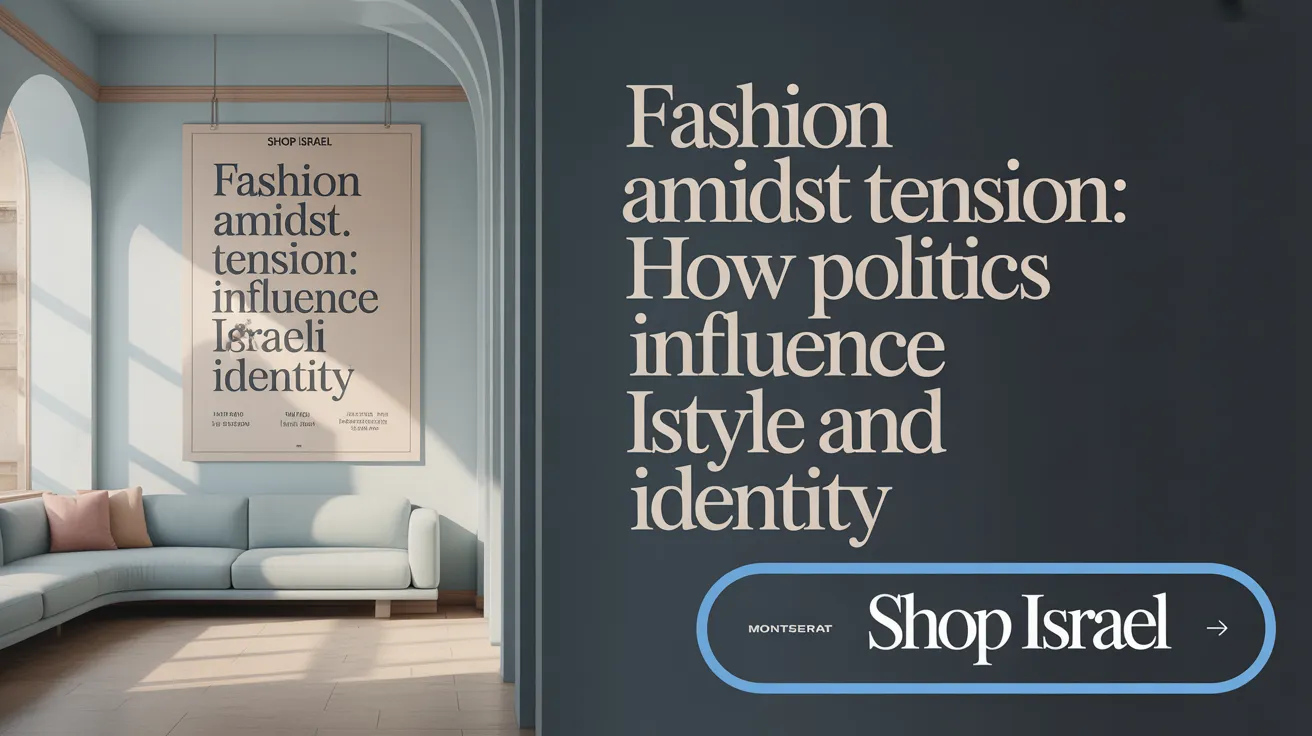
How have recent societal and political events influenced fashion styles and cultural expressions in Israel?
Recent societal and political developments, particularly the conflict with Hamas, have markedly shaped contemporary Israeli fashion. One noticeable trend is the shift towards brighter, more vivid colors, serving as mood boosters amidst ongoing tensions. Colors such as red, green, and black have gained popularity, reflecting resilience and emotional expression (Israeli fashion trends).
Additionally, clothing has become a canvas for national identity. Israelis increasingly incorporate symbols like the Star of David, maps of Israel, and slogans advocating for or memorializing hostages and national unity. This expressive use of apparel acts as a powerful statement amid uncertainty (Symbols of identity in fashion).
The influence extends to tactical and military-inspired fashion. Civilians, especially women, are adopting functional elements like pockets, Velcro patches, zippers, and chains. Use of tactical fabrics for everyday wear signifies a blend of style with a sense of preparedness and strength (Military influence on fashion design).
Furthermore, there's a noticeable return to religious modesty. Women are choosing outfits that are discreet, including modest skirts, tops, and the wearing of headscarves, even among less religious communities. This shift is often motivated by a quest for spiritual comfort and solace during turbulent times (Modest skirts and headscarves).
| Influence Area | Fashion Trend | Cultural Significance |
|---|---|---|
| Colors | Bright, bold shades | Mood boosting, emotional resilience |
| Symbols | National symbols, slogans | Identity affirmation and solidarity |
| Tactical Elements | Pockets, zippers, Velcro, tactical fabrics | Strength, preparedness |
| Modesty | Discreet clothing, headscarves | Spiritual solace |
Israeli Fashion Events and the Global Stage

Israeli fashion fairs, events, and designer showcases serve as vital platforms that shape the country’s emerging trends and influence worldwide fashion. Major events like Fashion Week Tel Aviv provide designers with opportunities to debut new collections that artfully blend Israeli culture, modern aesthetics, and pressing social themes.
During these showcases, local talents present innovative designs inspired by Israel’s diverse heritage, contemporary issues, and sustainability initiatives. Such platforms encourage dialogue among designers, critics, and international buyers, fostering an environment where creativity thrives and cultural narratives are celebrated.
The global recognition of Israeli fashion has grown significantly over recent years. Fashion icons and celebrities, from Beyoncé to Lady Gaga, have worn Israeli creations, boosting the country’s reputation on the international stage.
Designers like Alon Livne and brands such as Maskit have established Israel’s influence through appearances at international fashion weeks in New York, Paris, and Moscow. As Israeli designers incorporate advanced sustainable materials and technologies, they set trends that resonate worldwide.
This fusion of tradition with modern innovation not only elevates Israeli fashion but also impacts global trends, positioning Israel as a notable hub for cutting-edge, culturally rich fashion.
Conclusion: The Future of Israel-Themed Fashion
Israel-themed fashion is a dynamic intersection of heritage, innovation, and global engagement. Rooted in a rich history of collectivism and cultural symbolism, current trends showcase sustainable practices, gender inclusivity, and vibrant design reflecting societal realities. Israeli designers and brands continue to shape both local and international fashion narratives, driven by cultural pride and creative vision. With growing global recognition, Israel-inspired fashion offers enthusiasts meaningful ways to express identity and participate in a worldwide dialogue through style.
